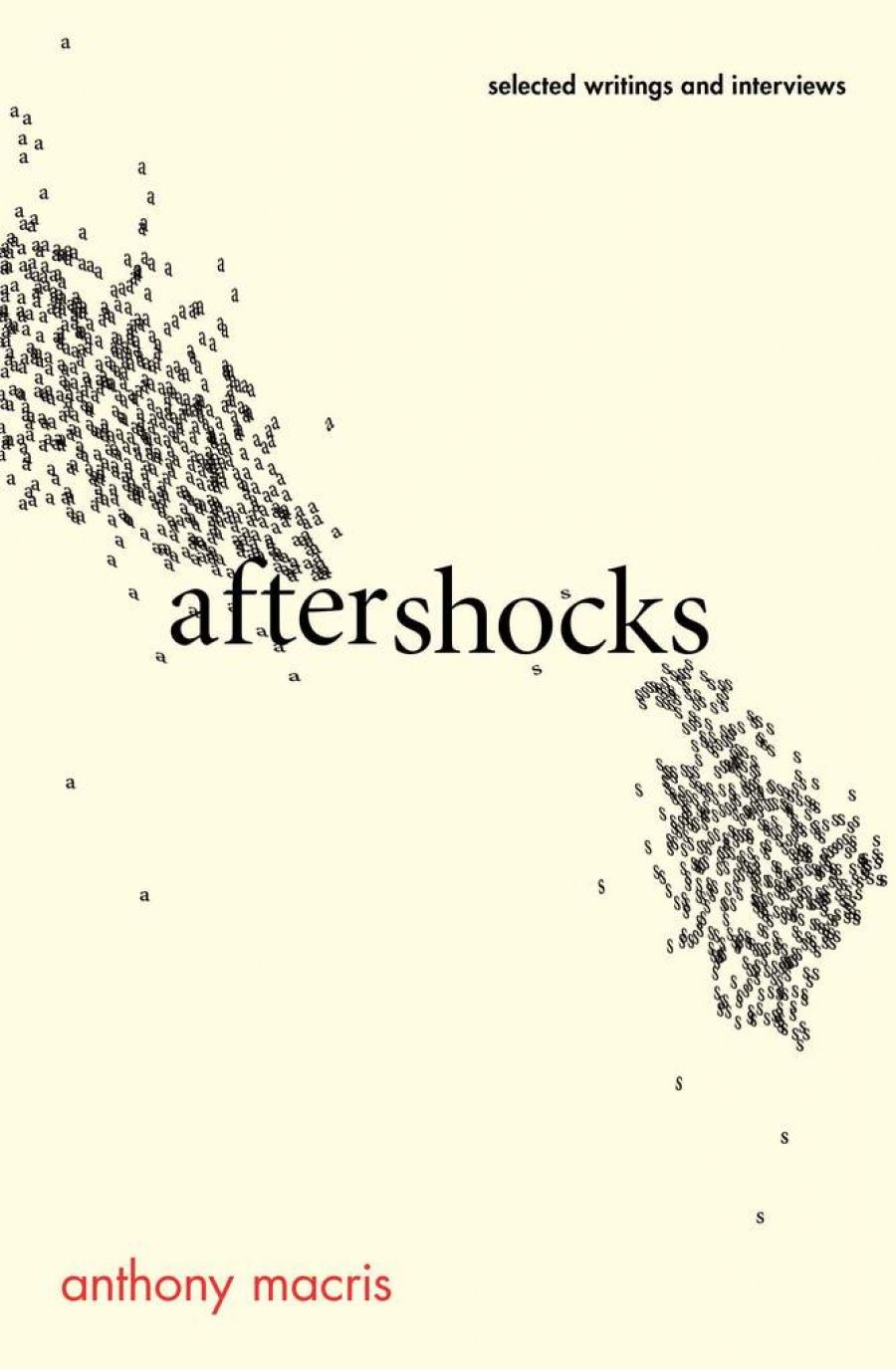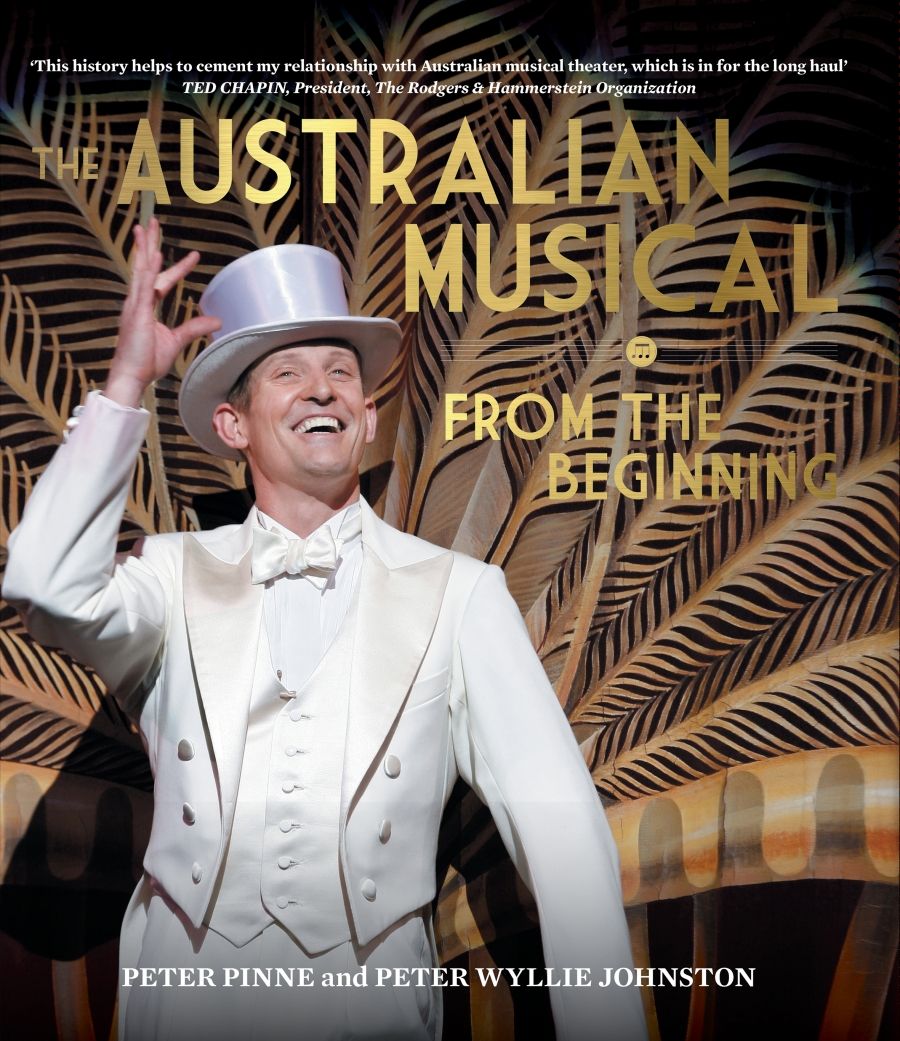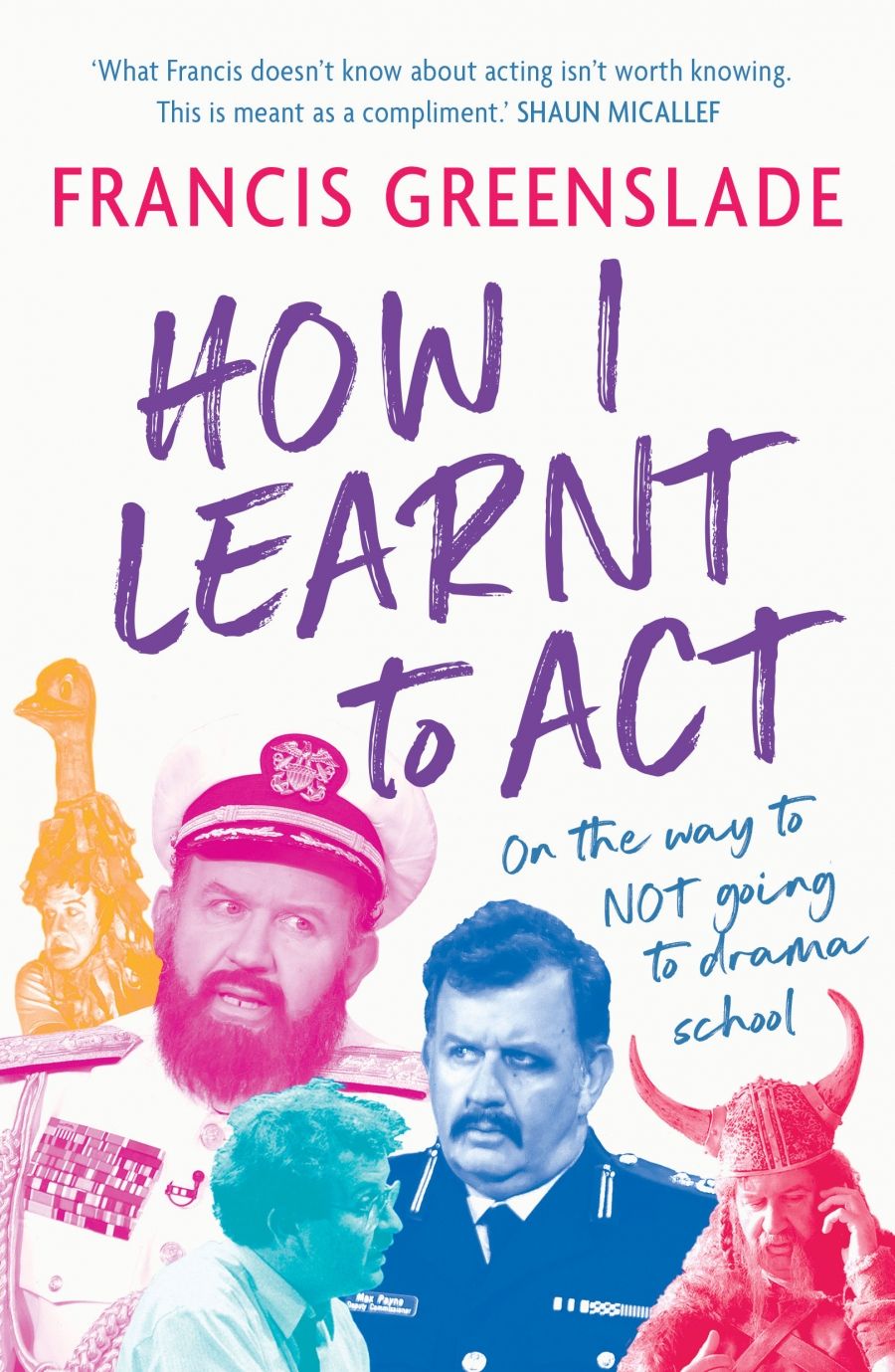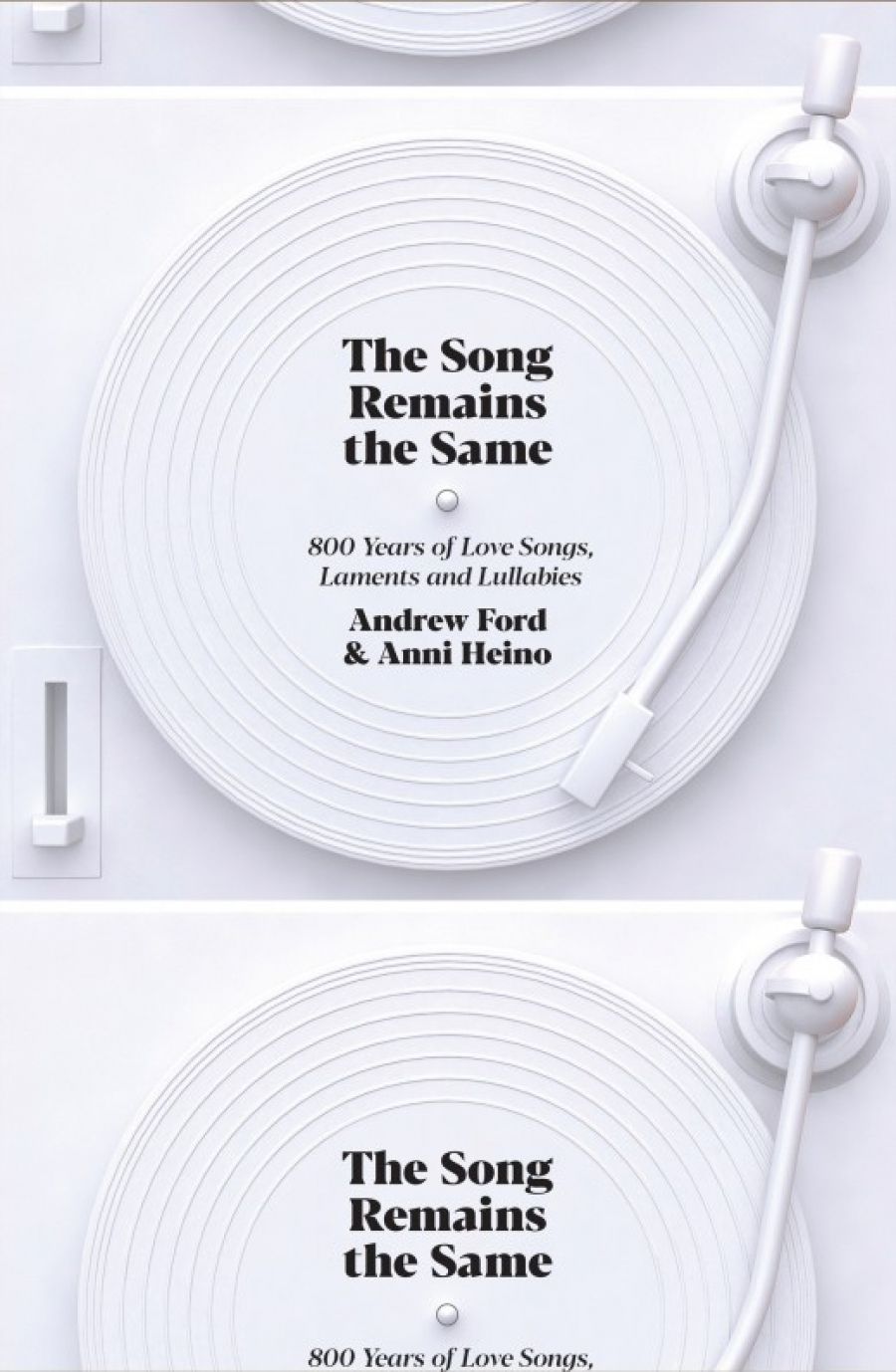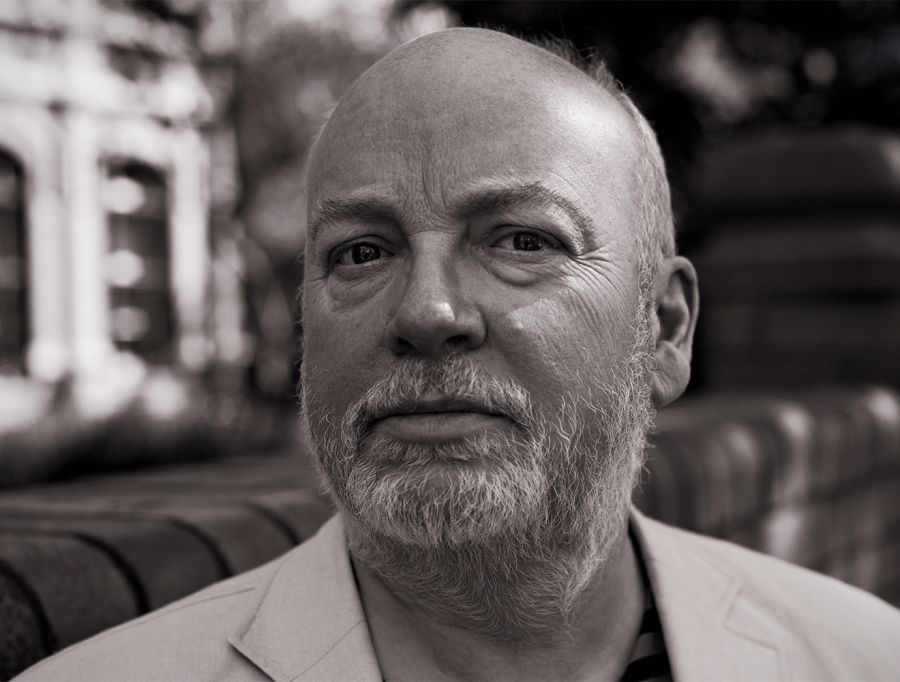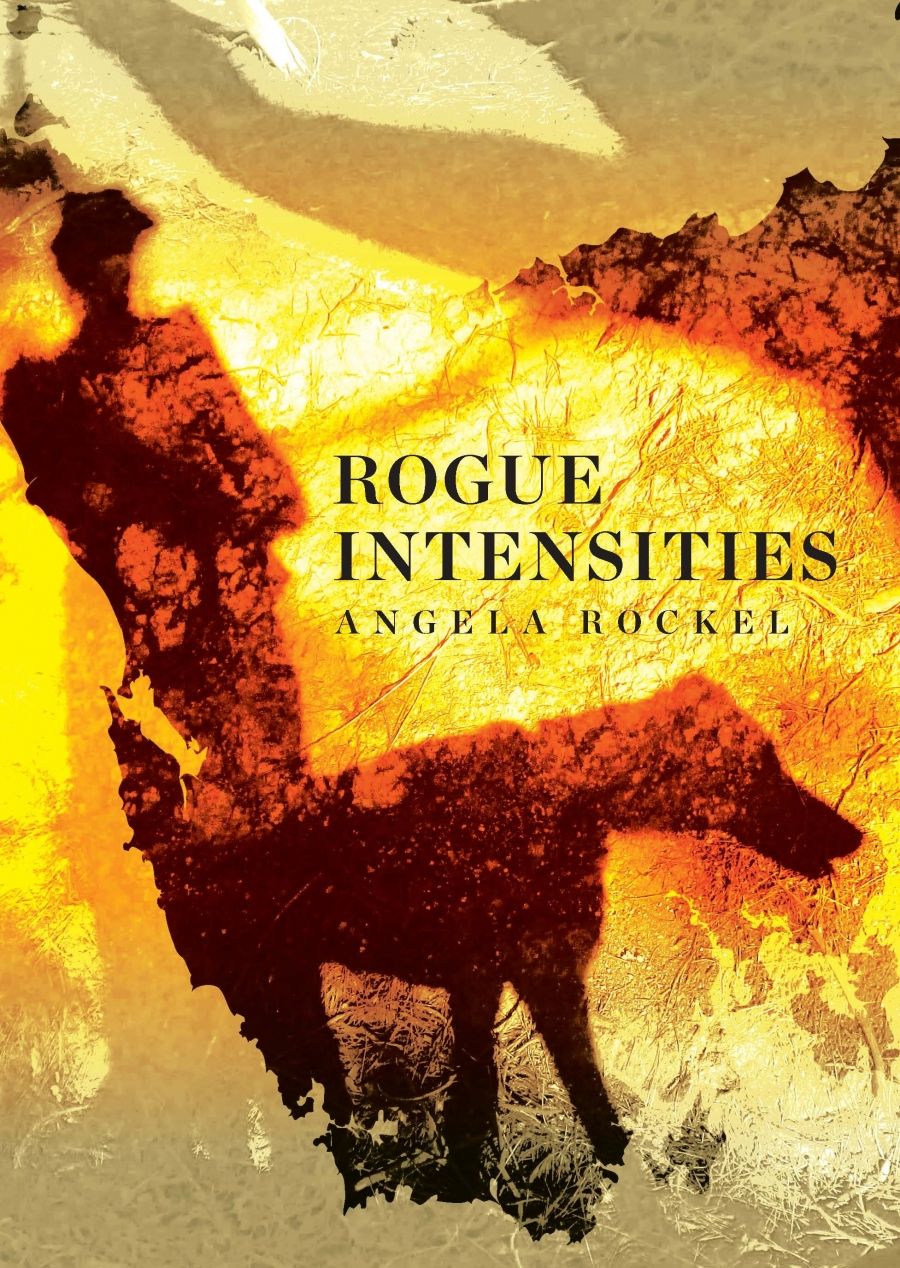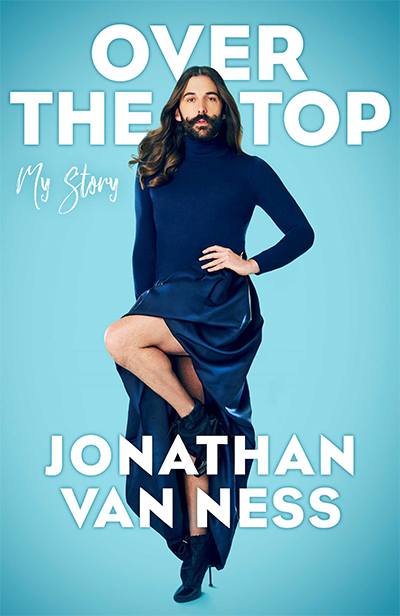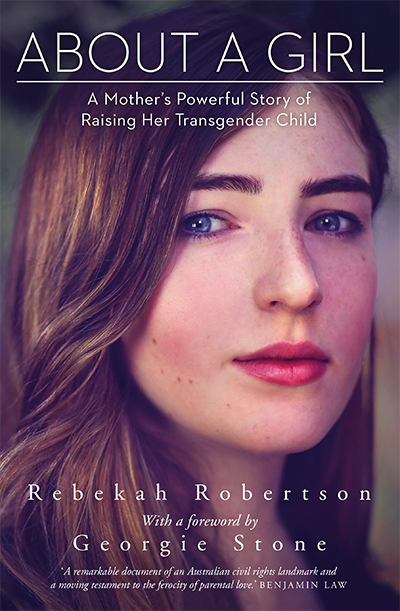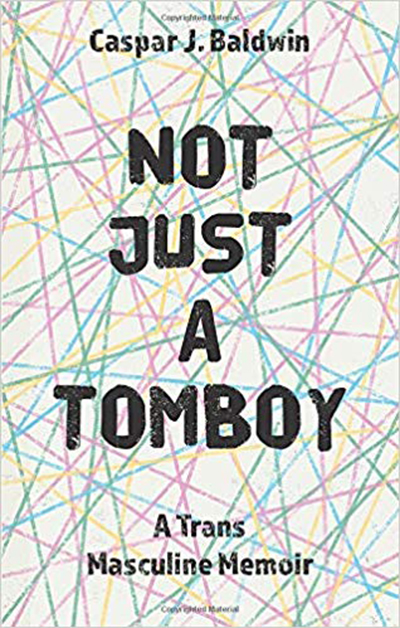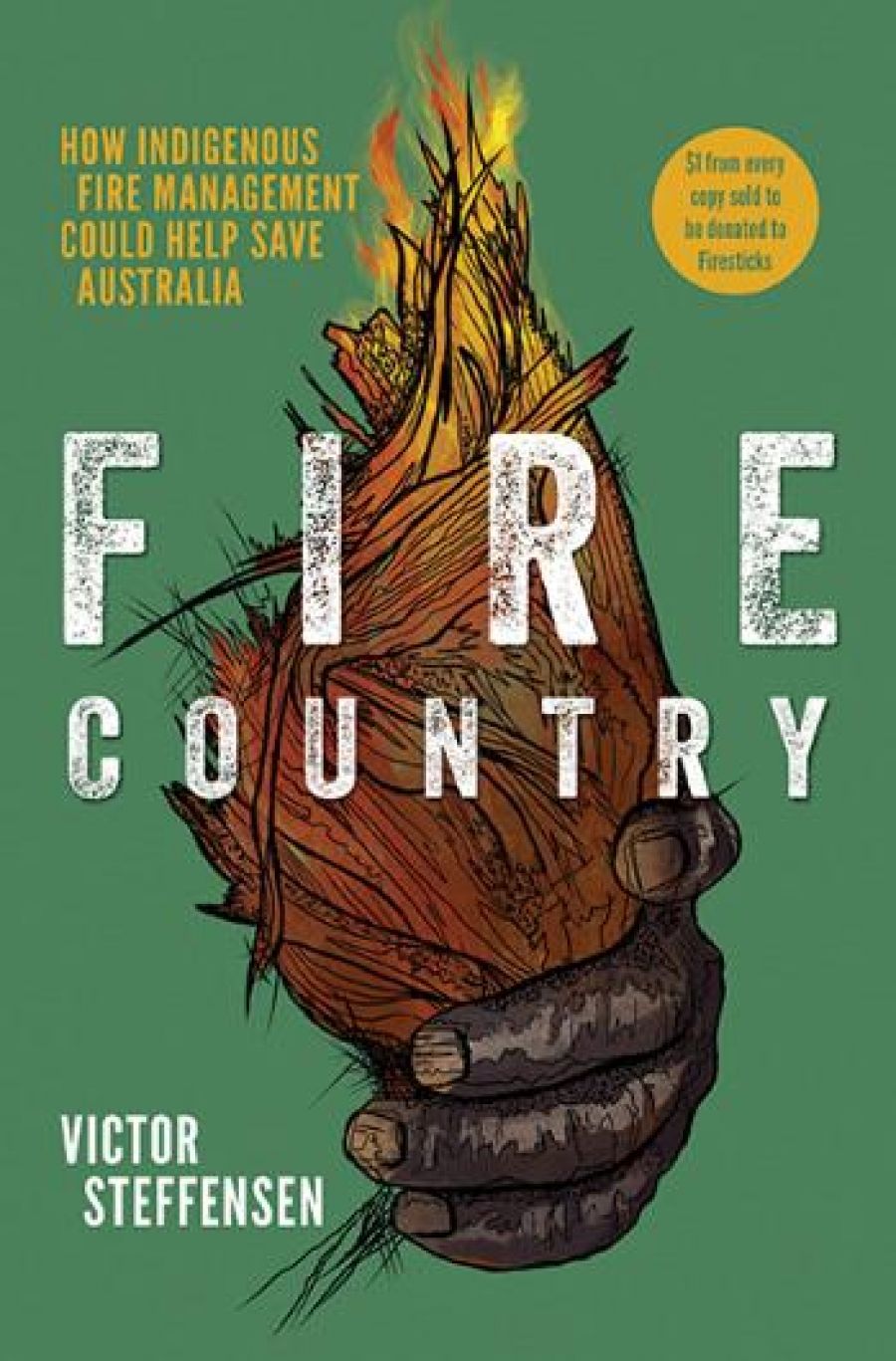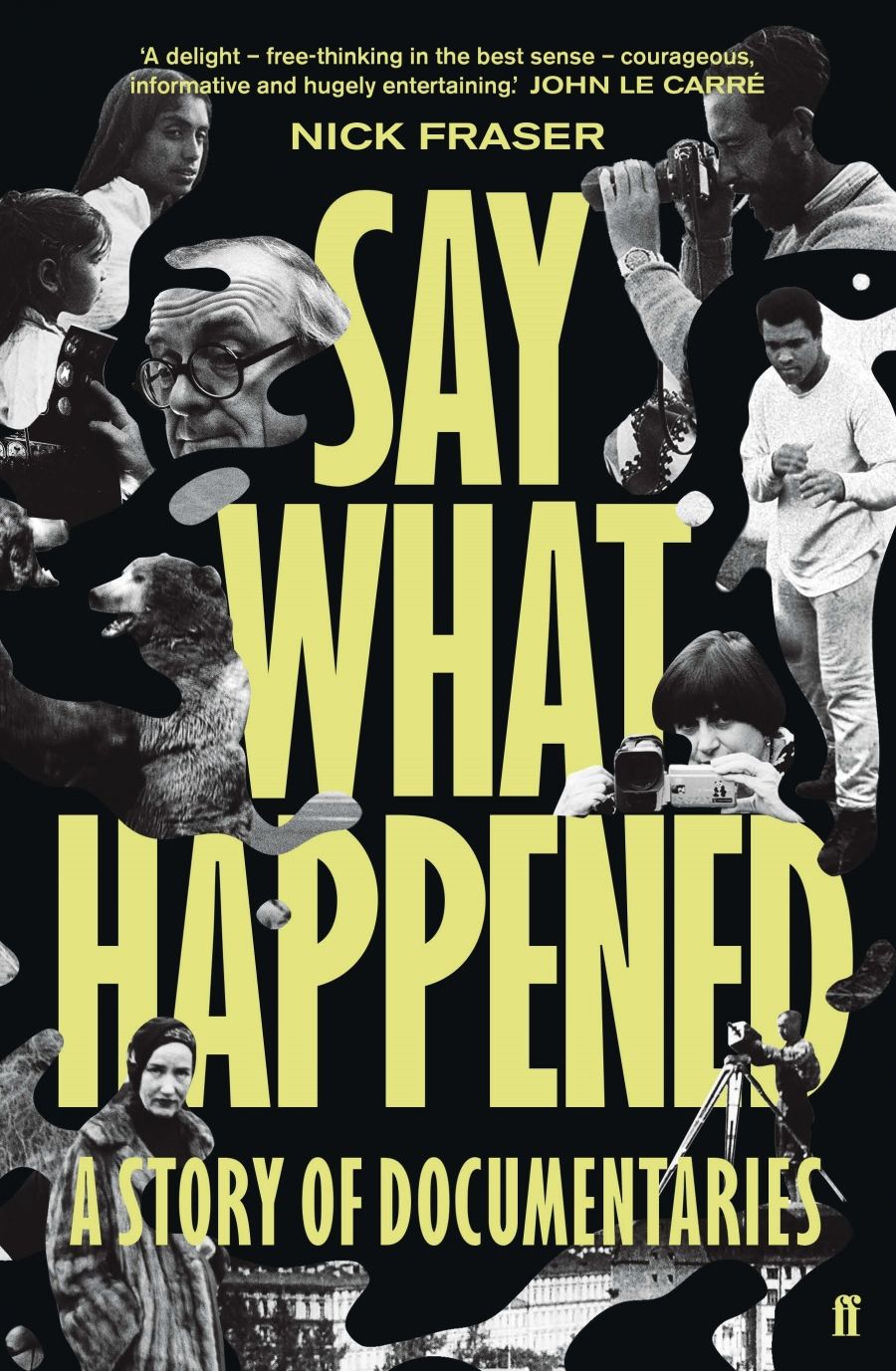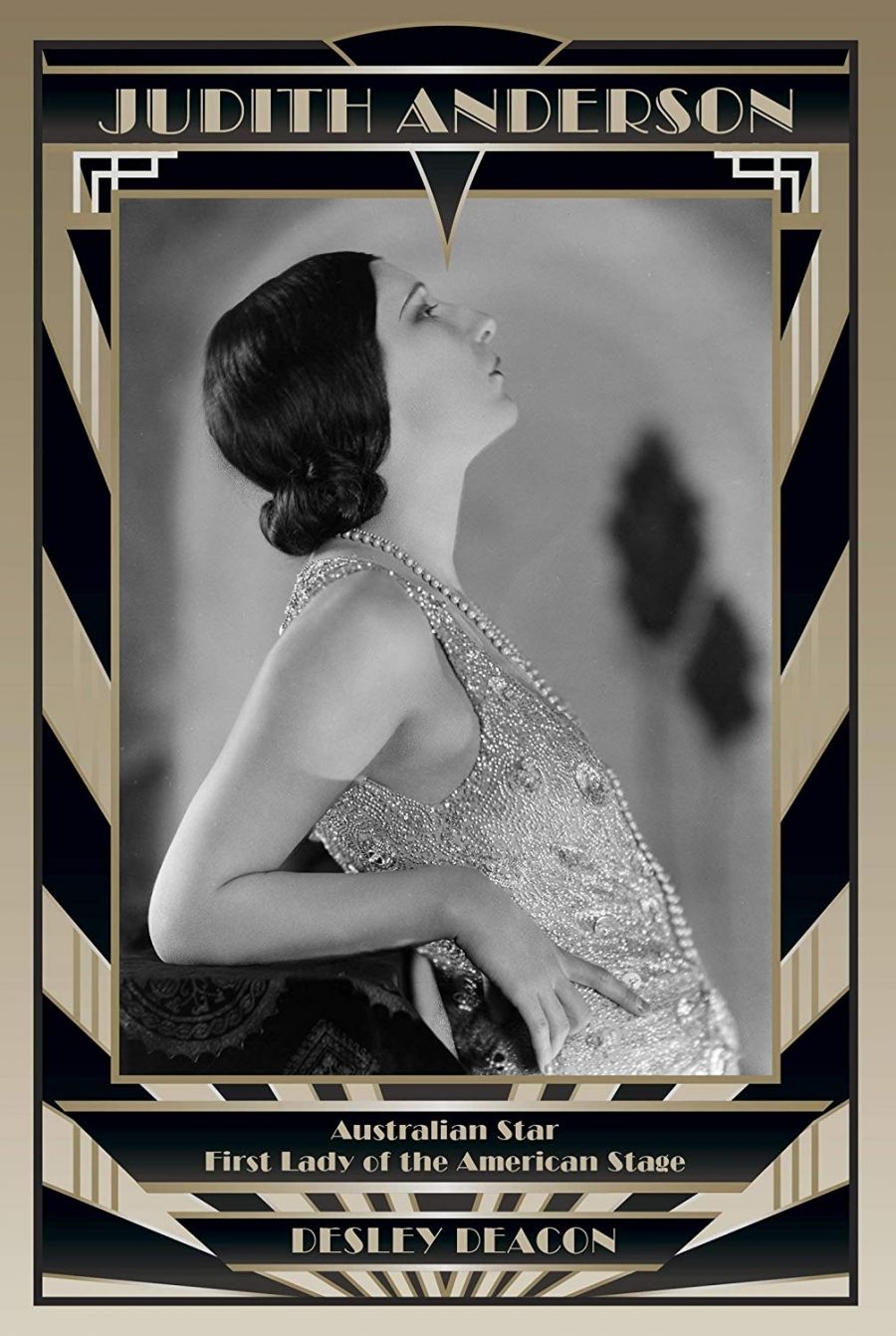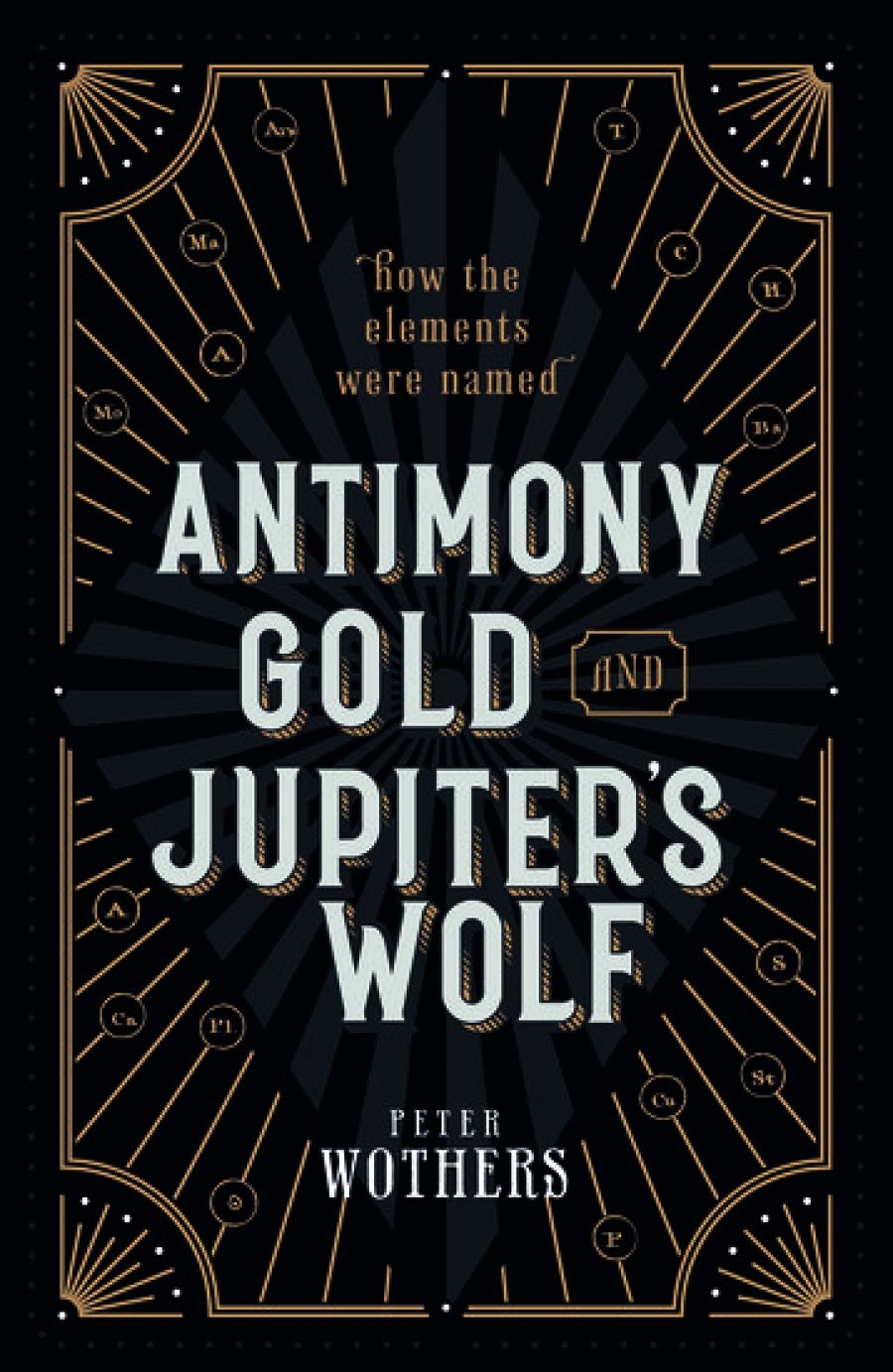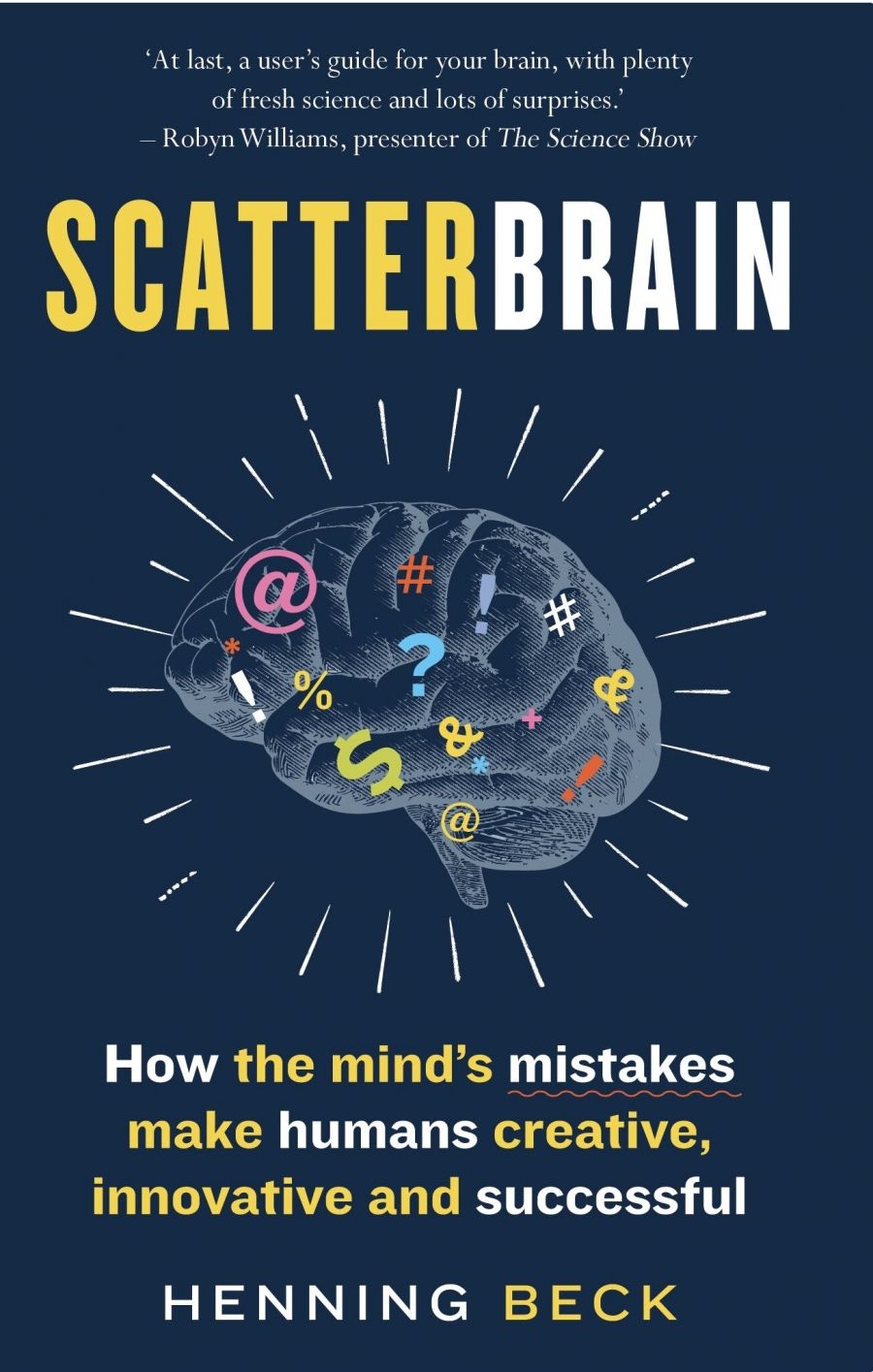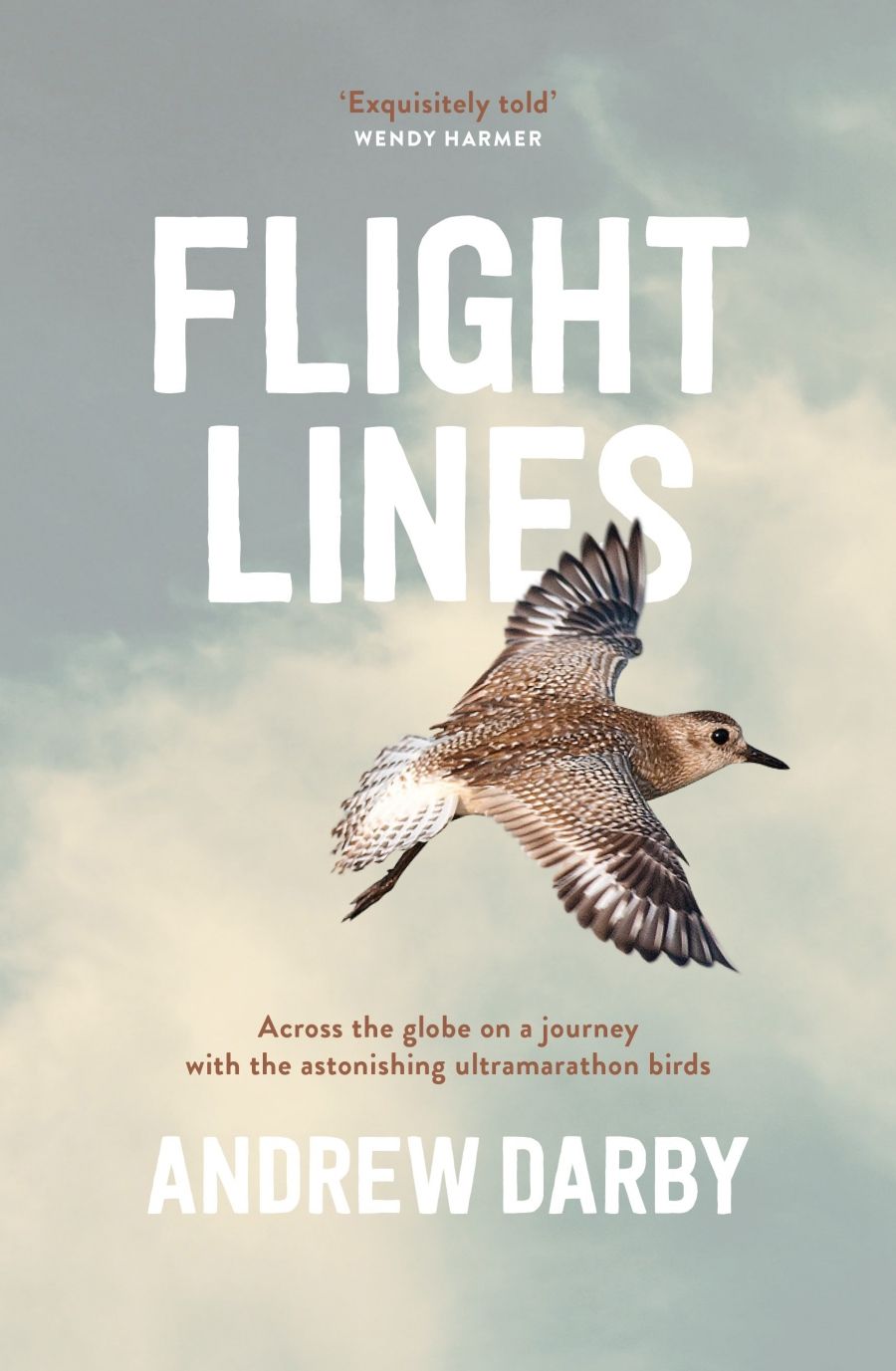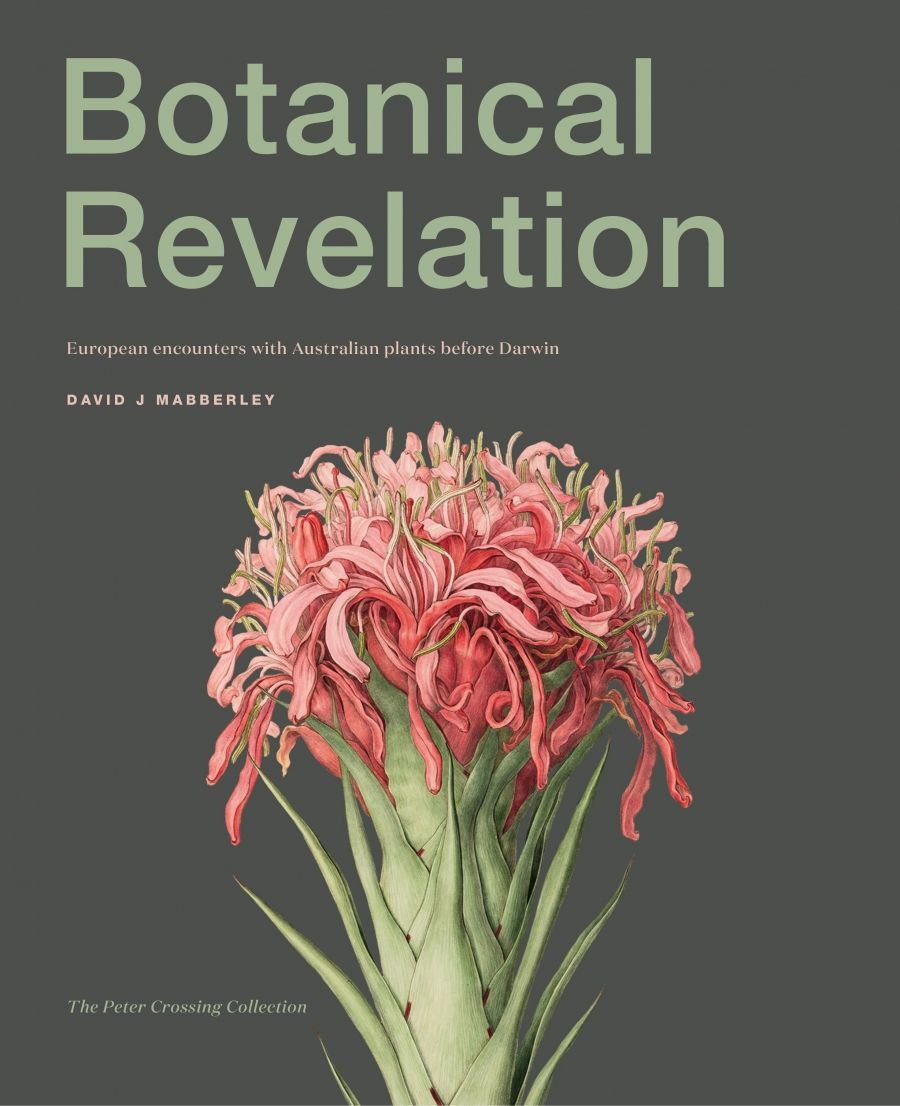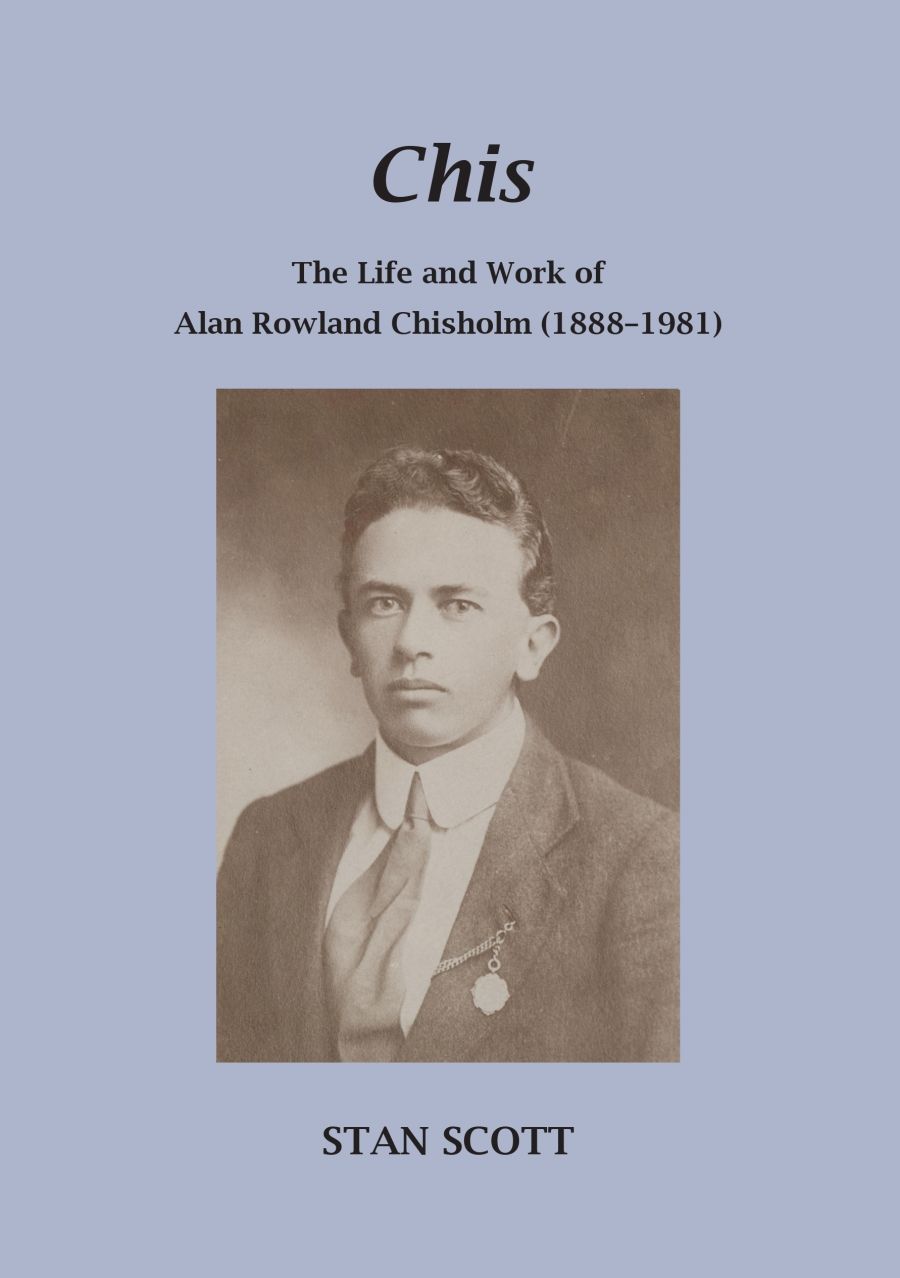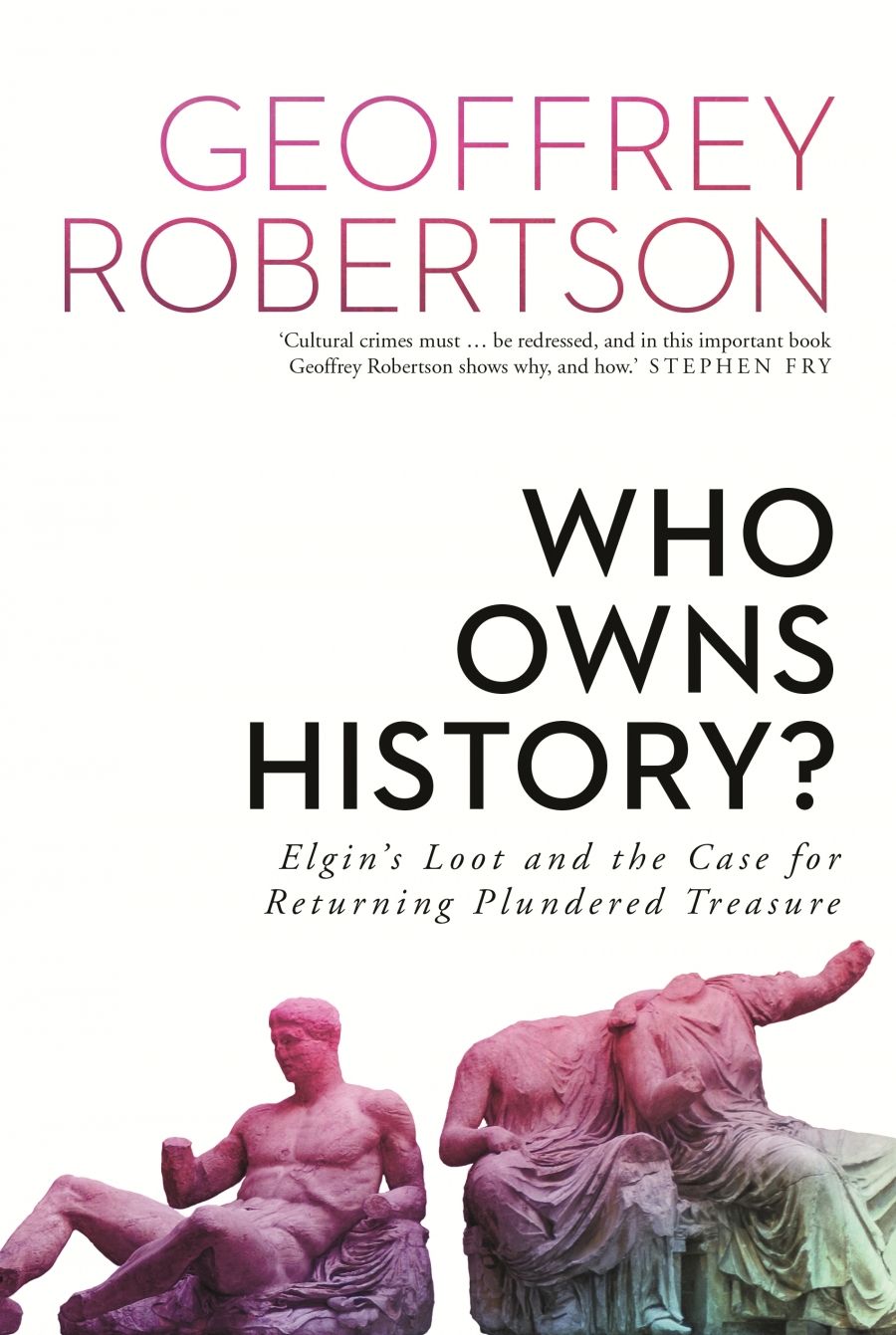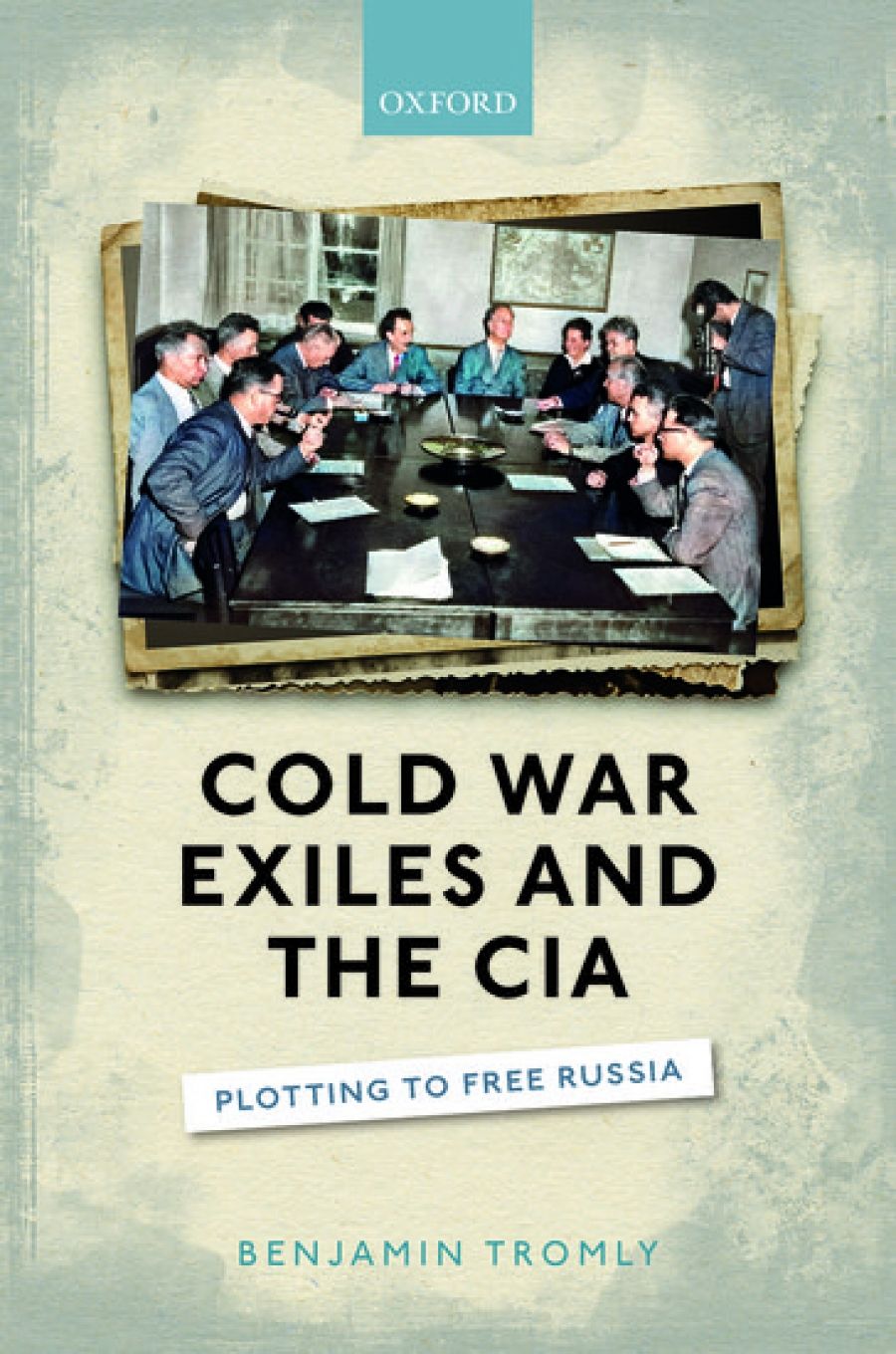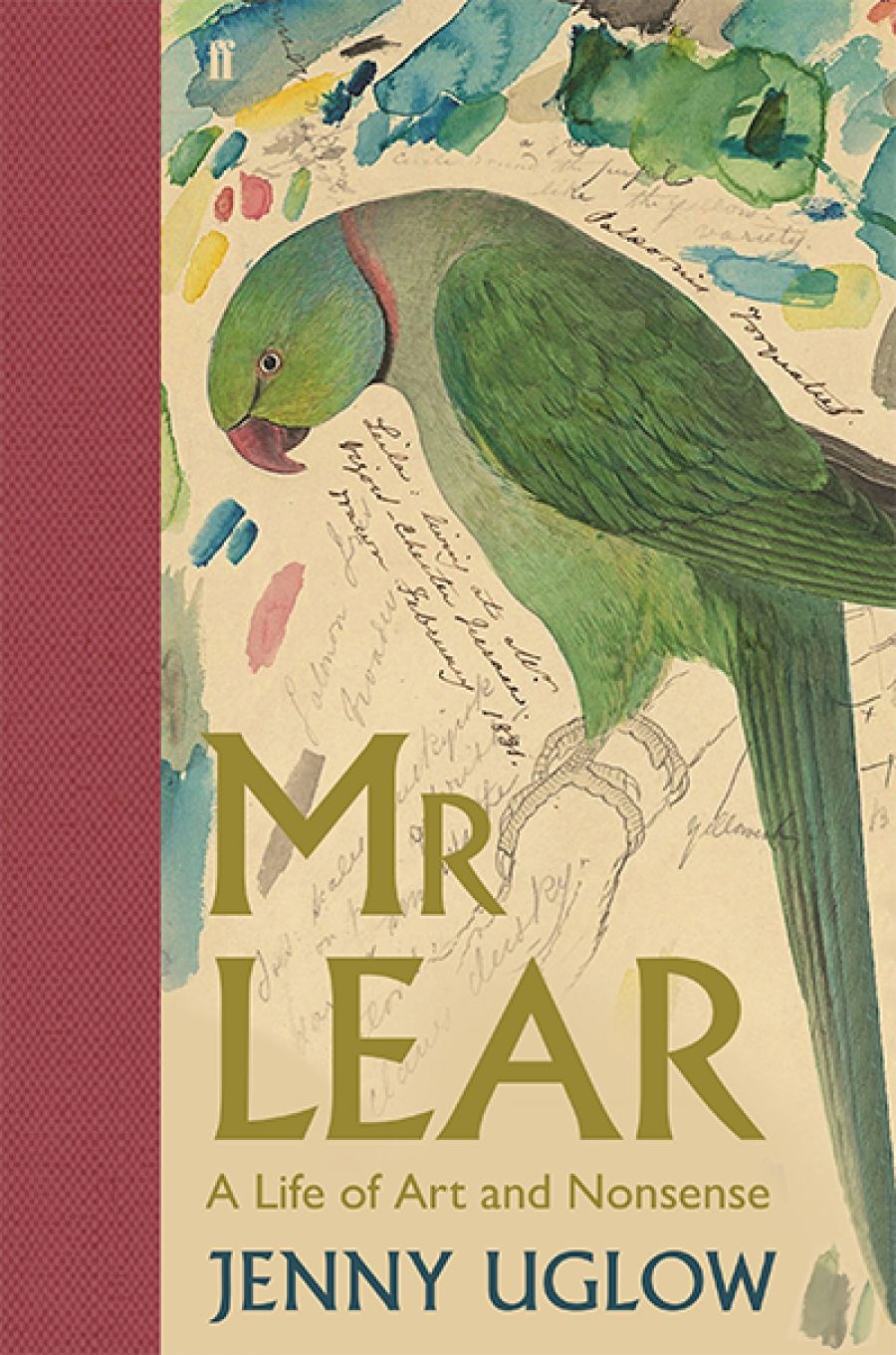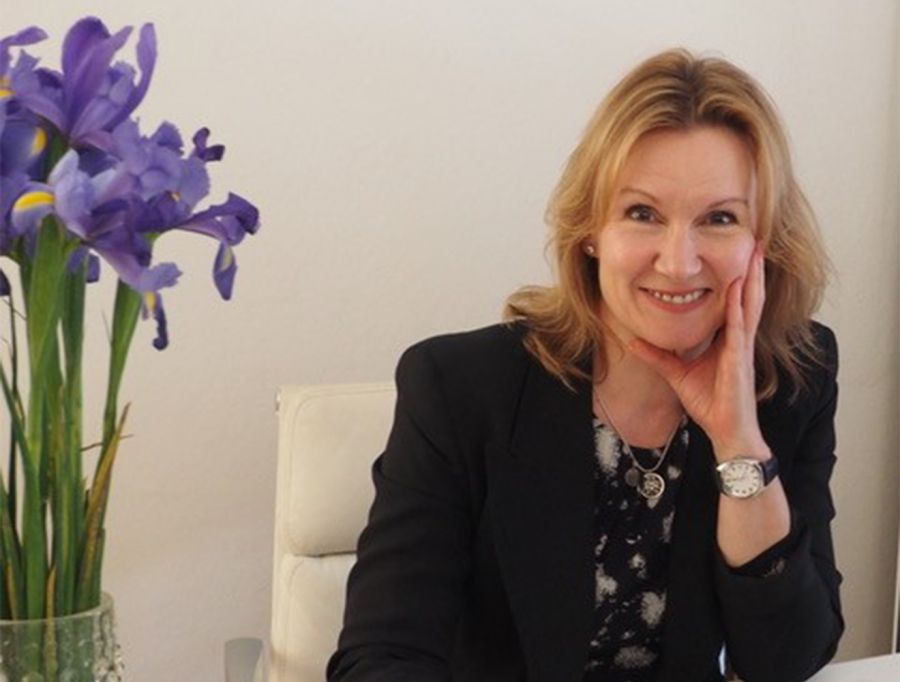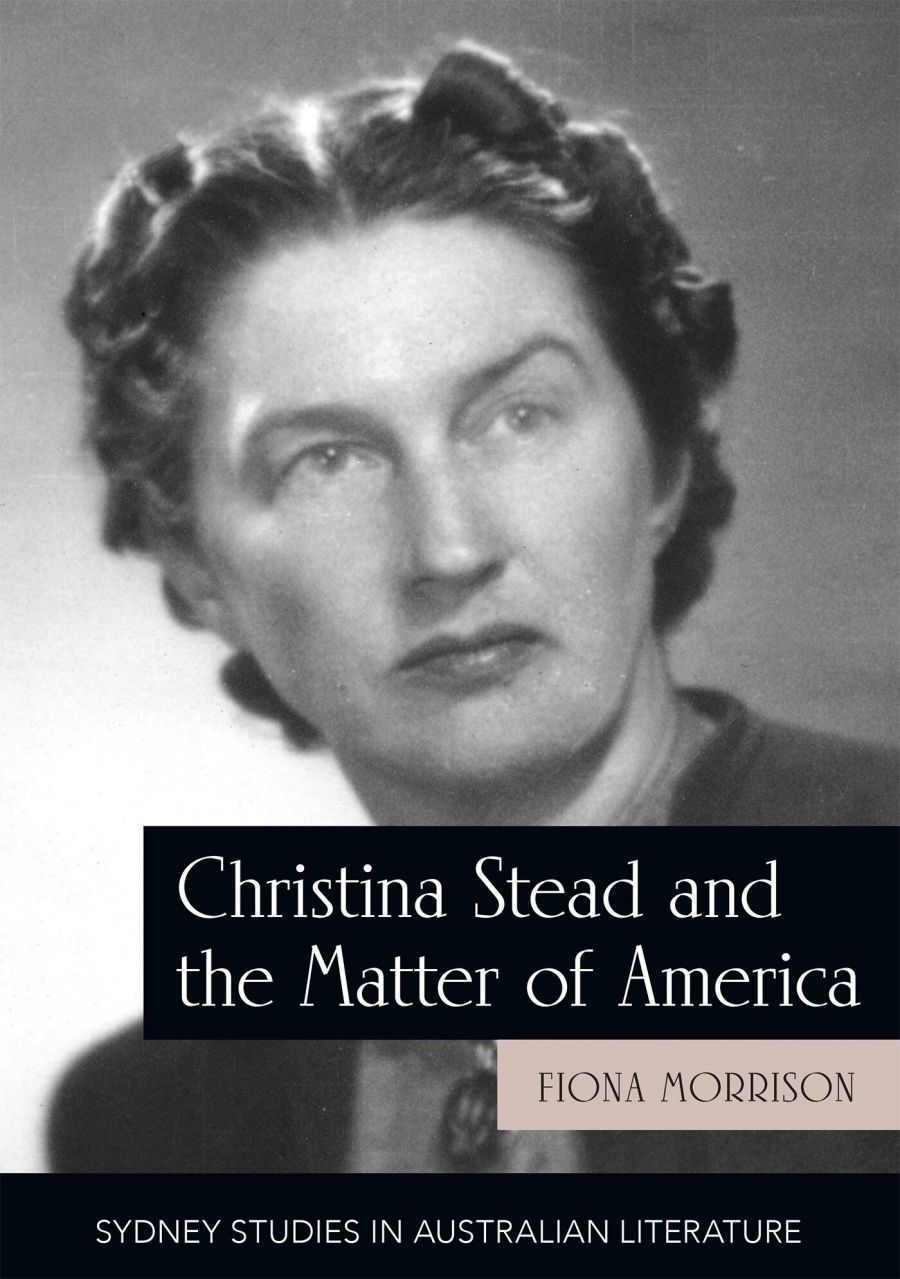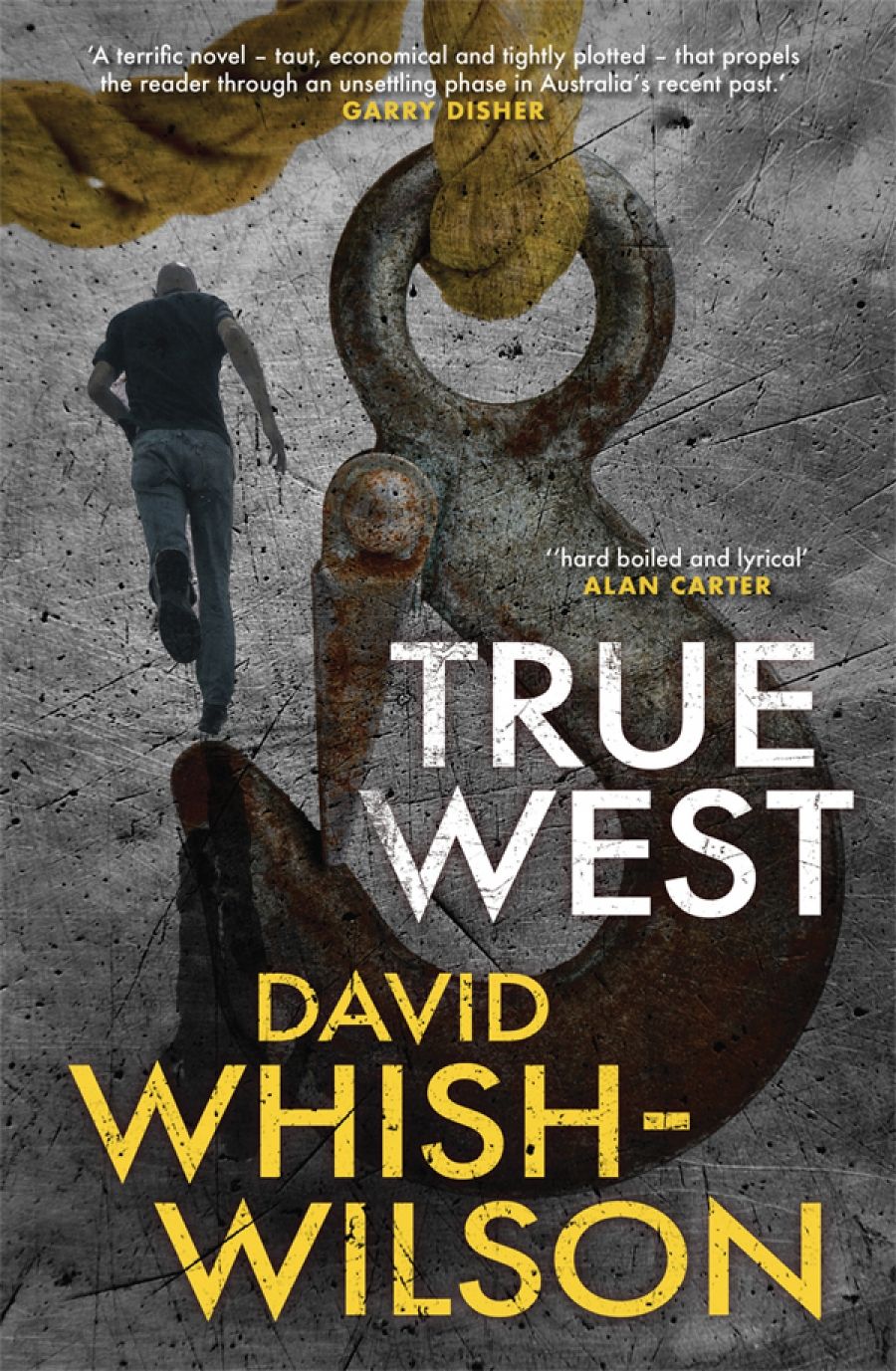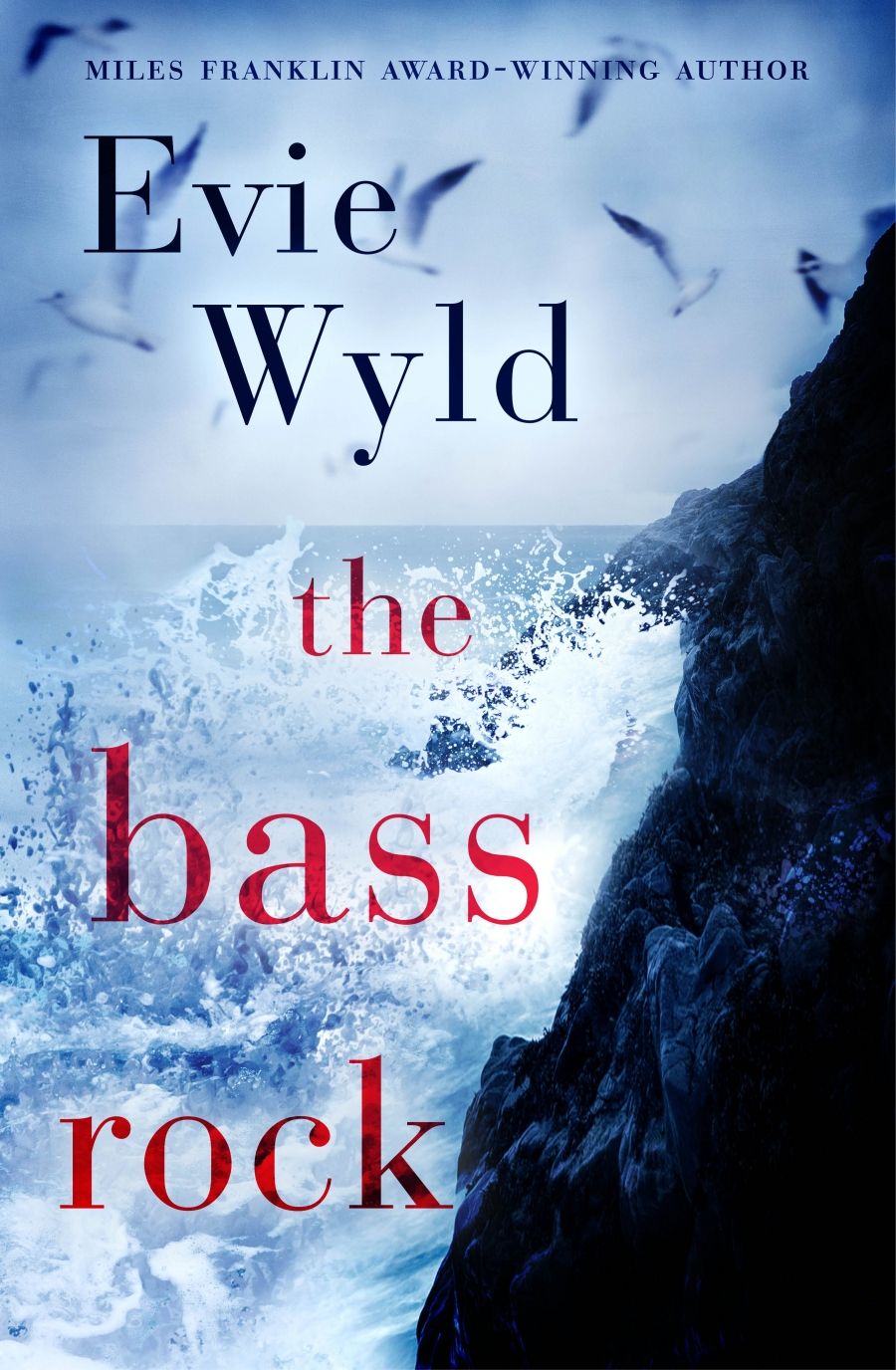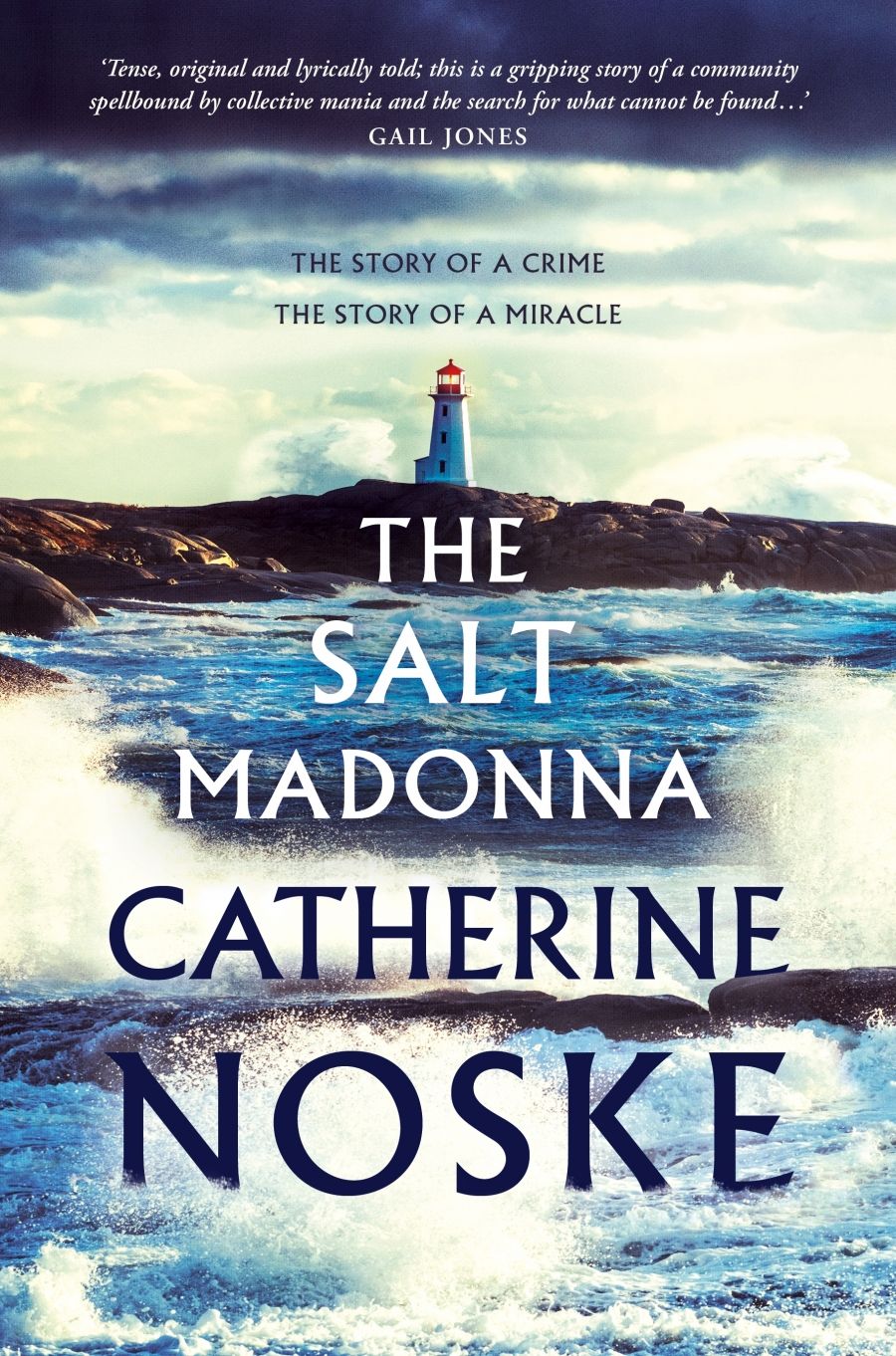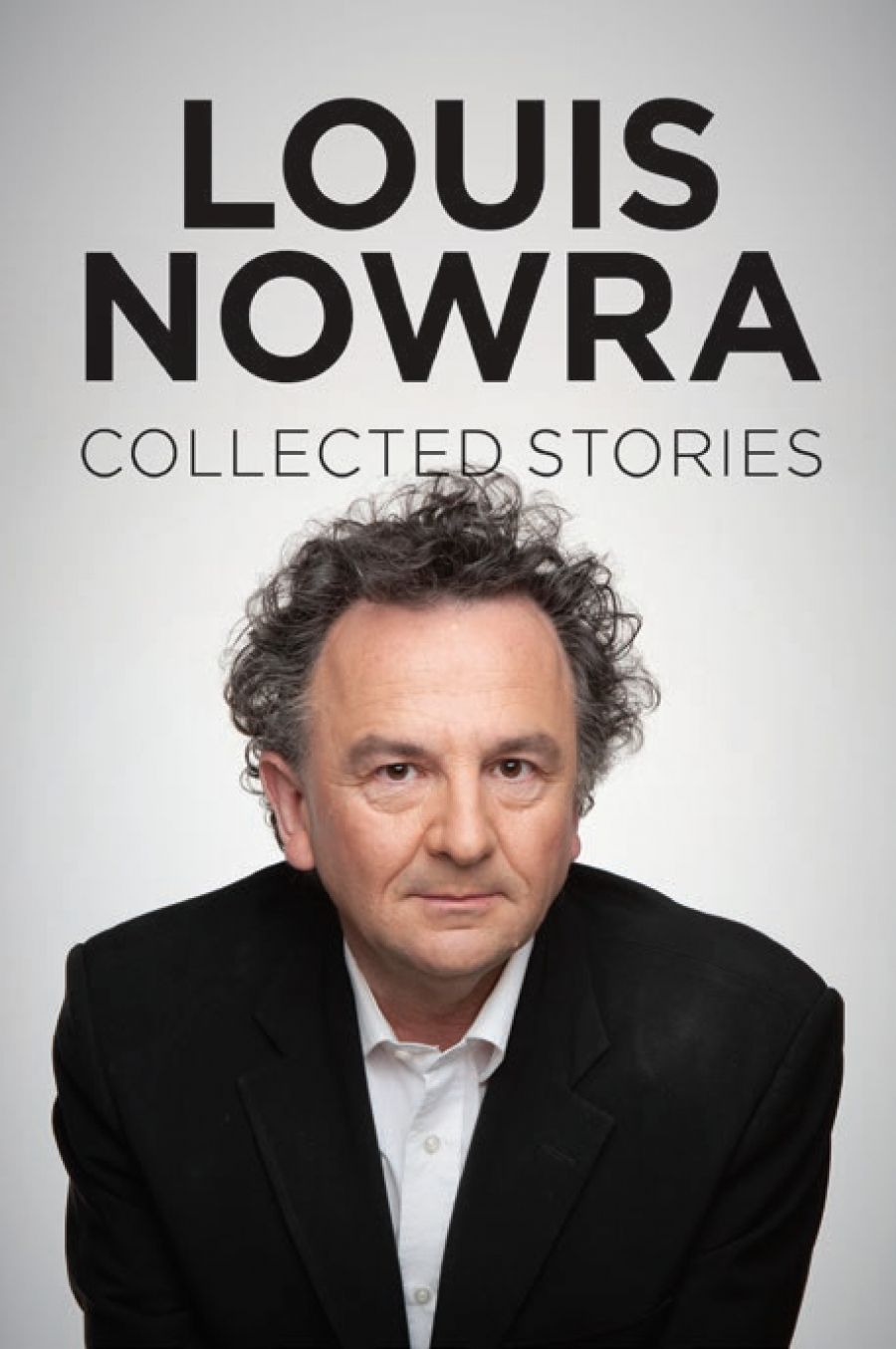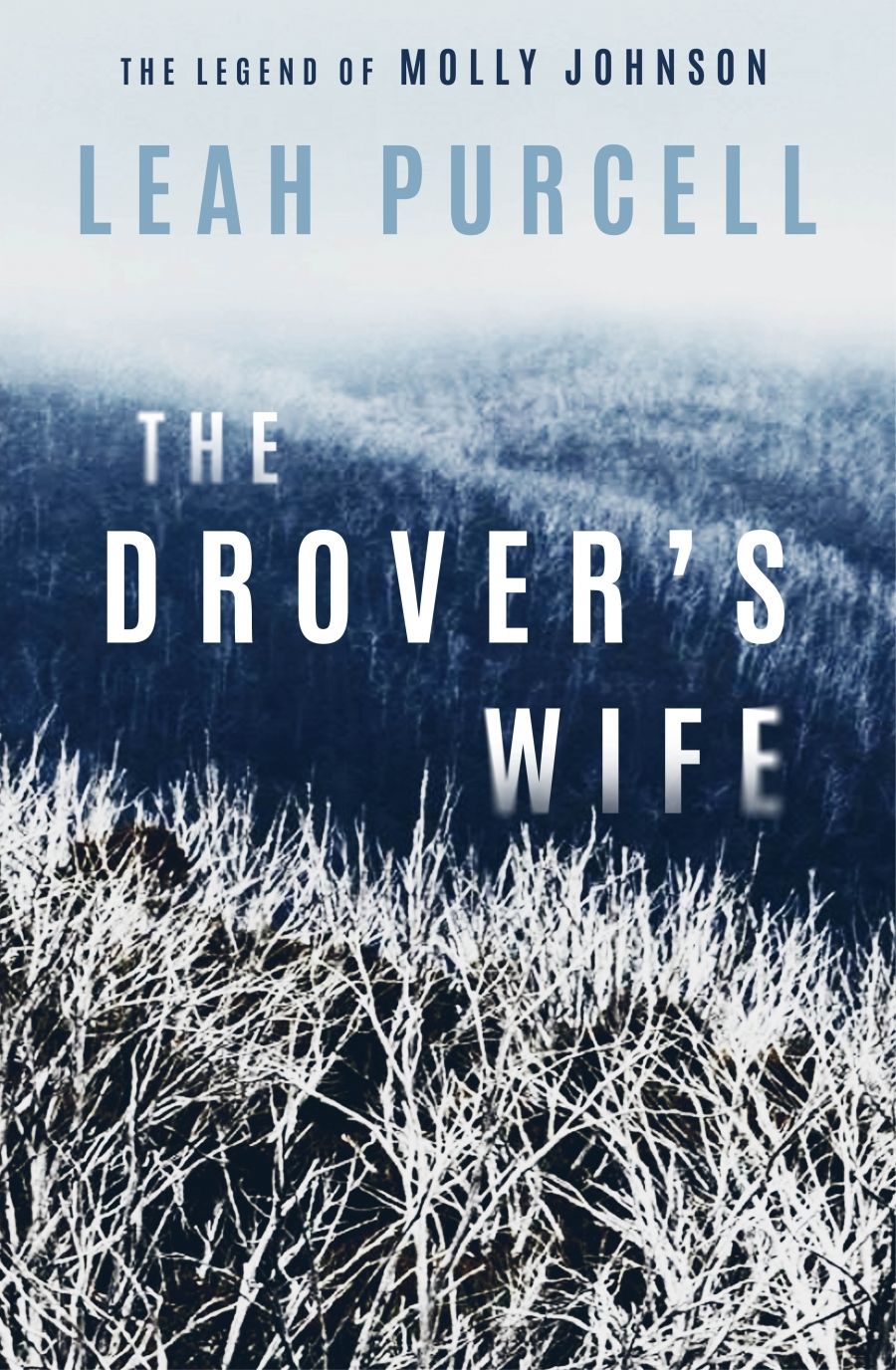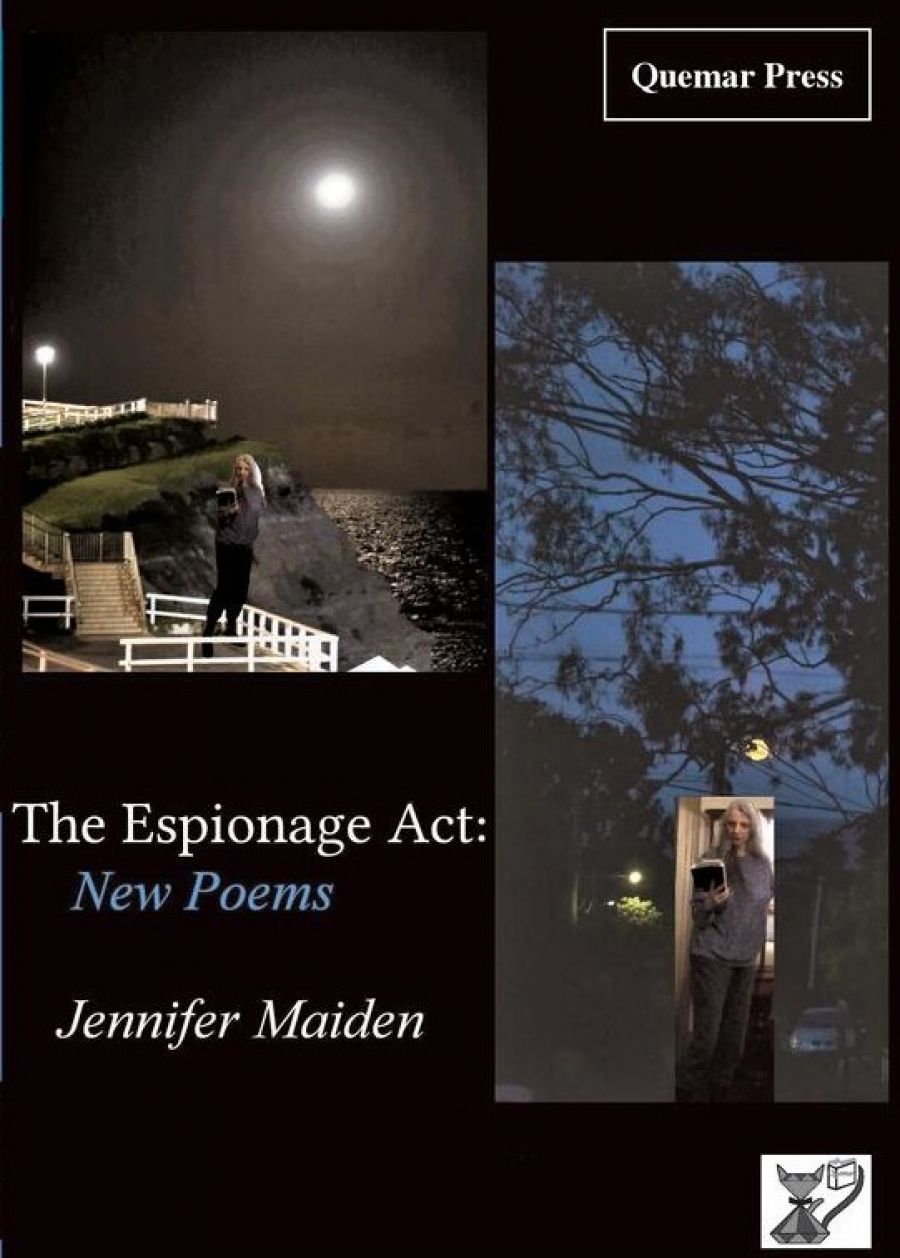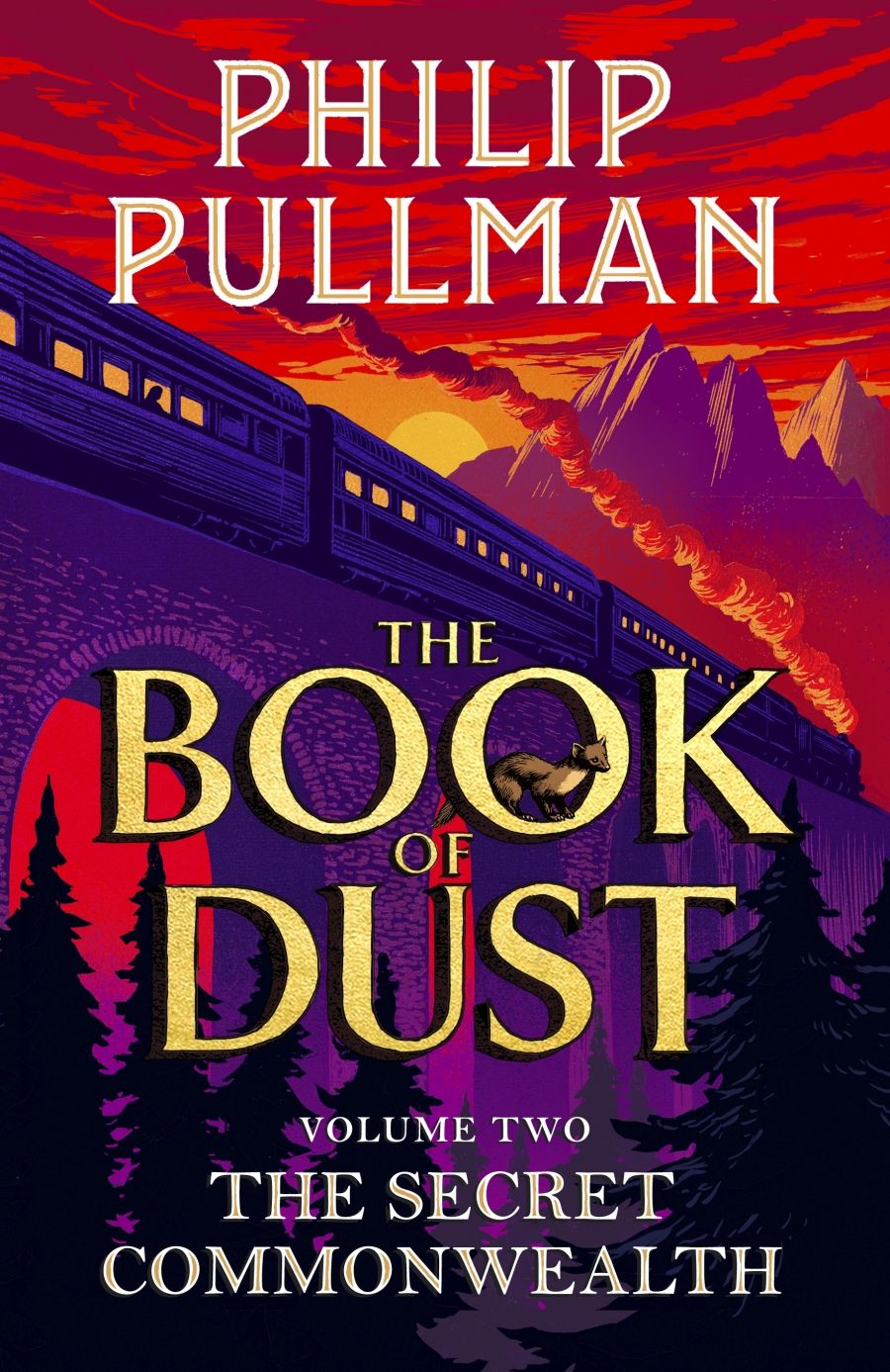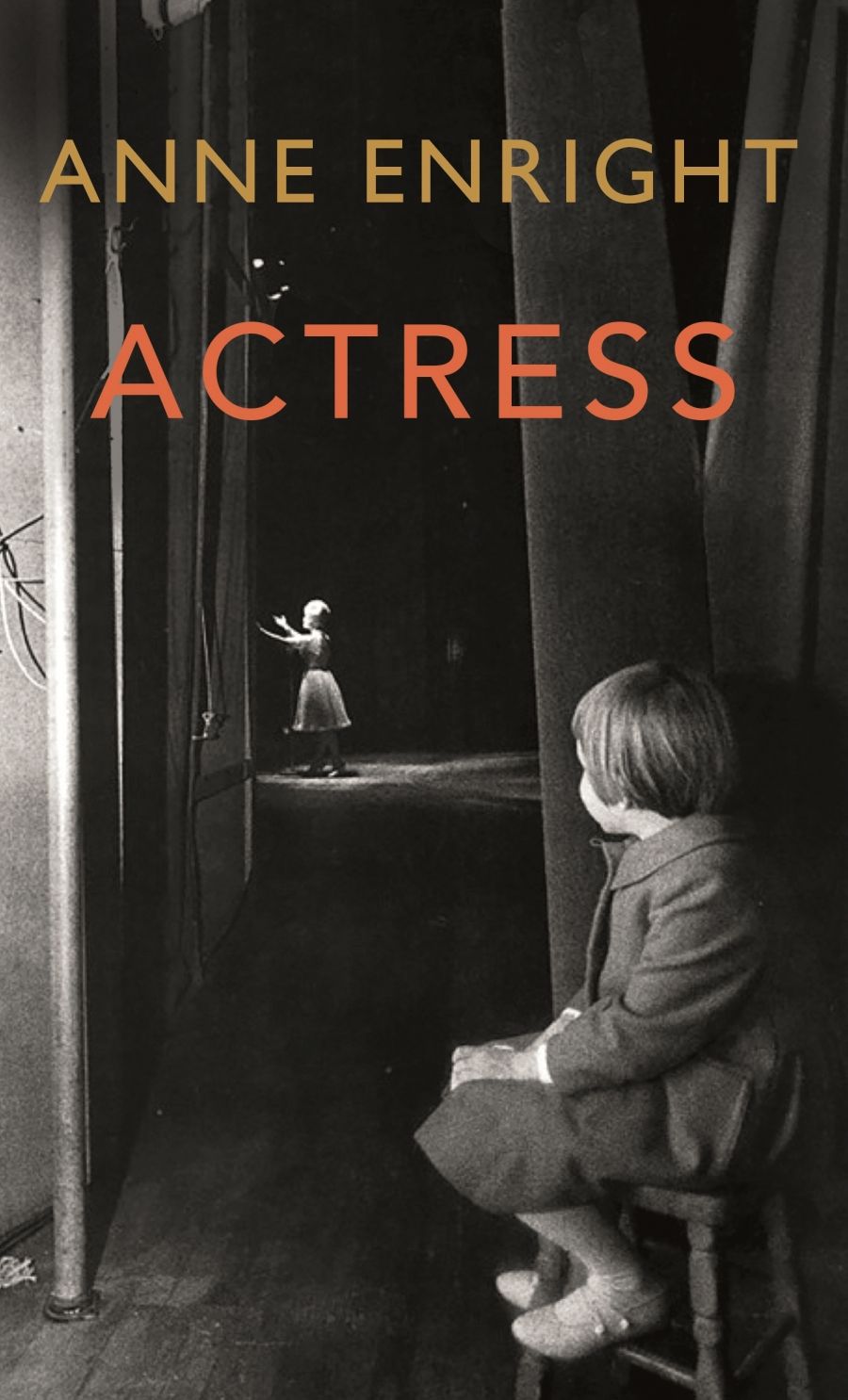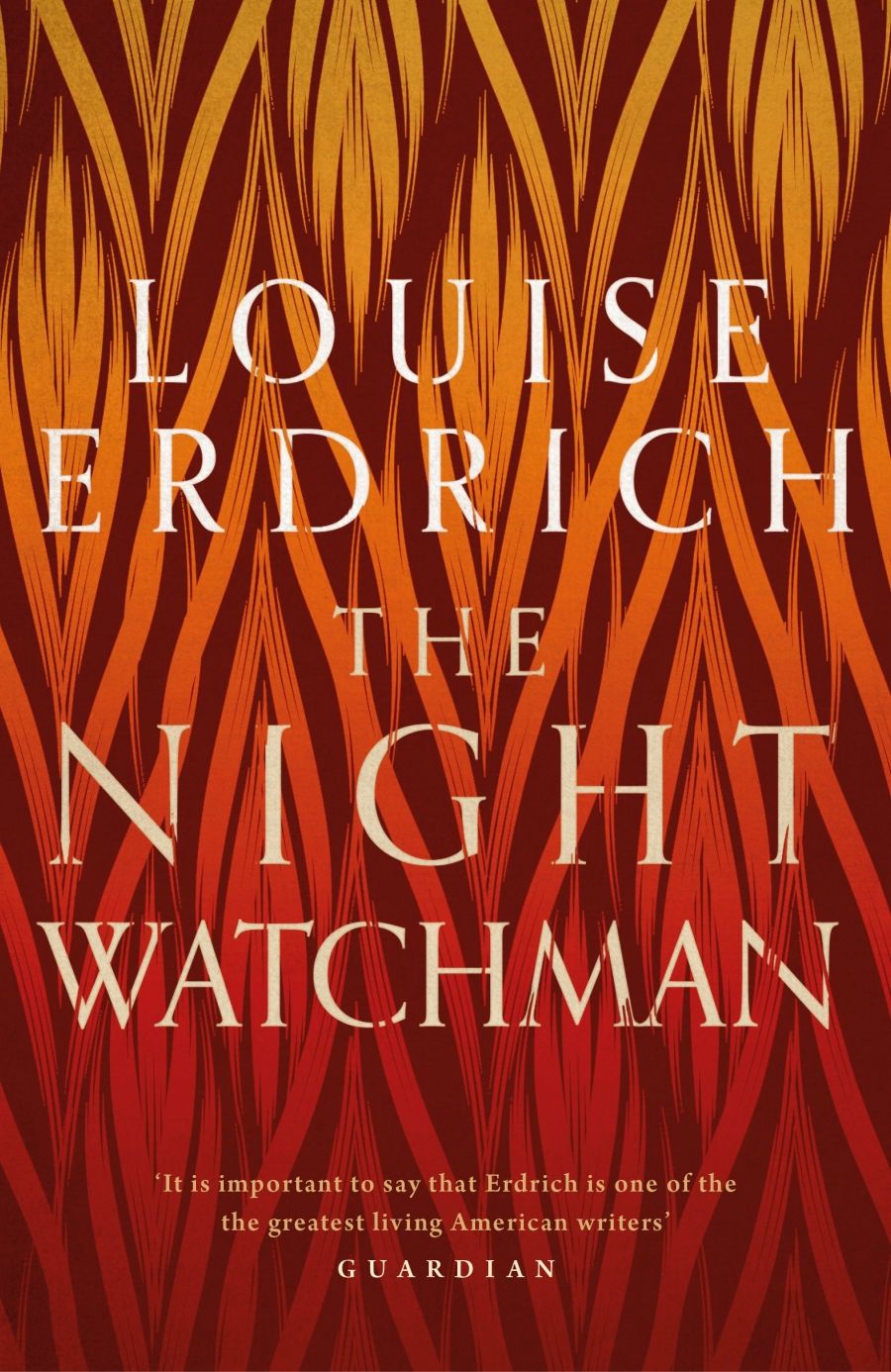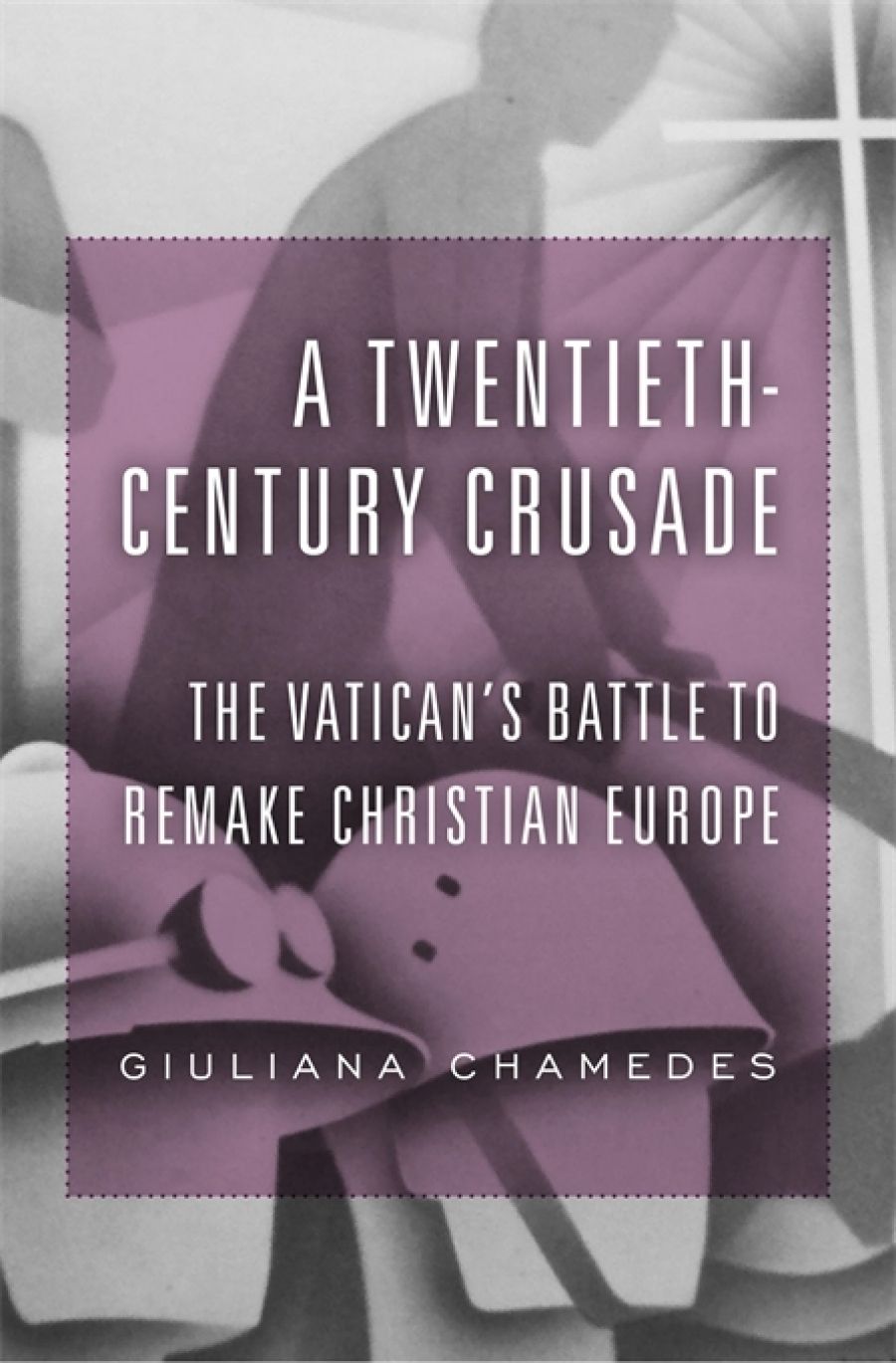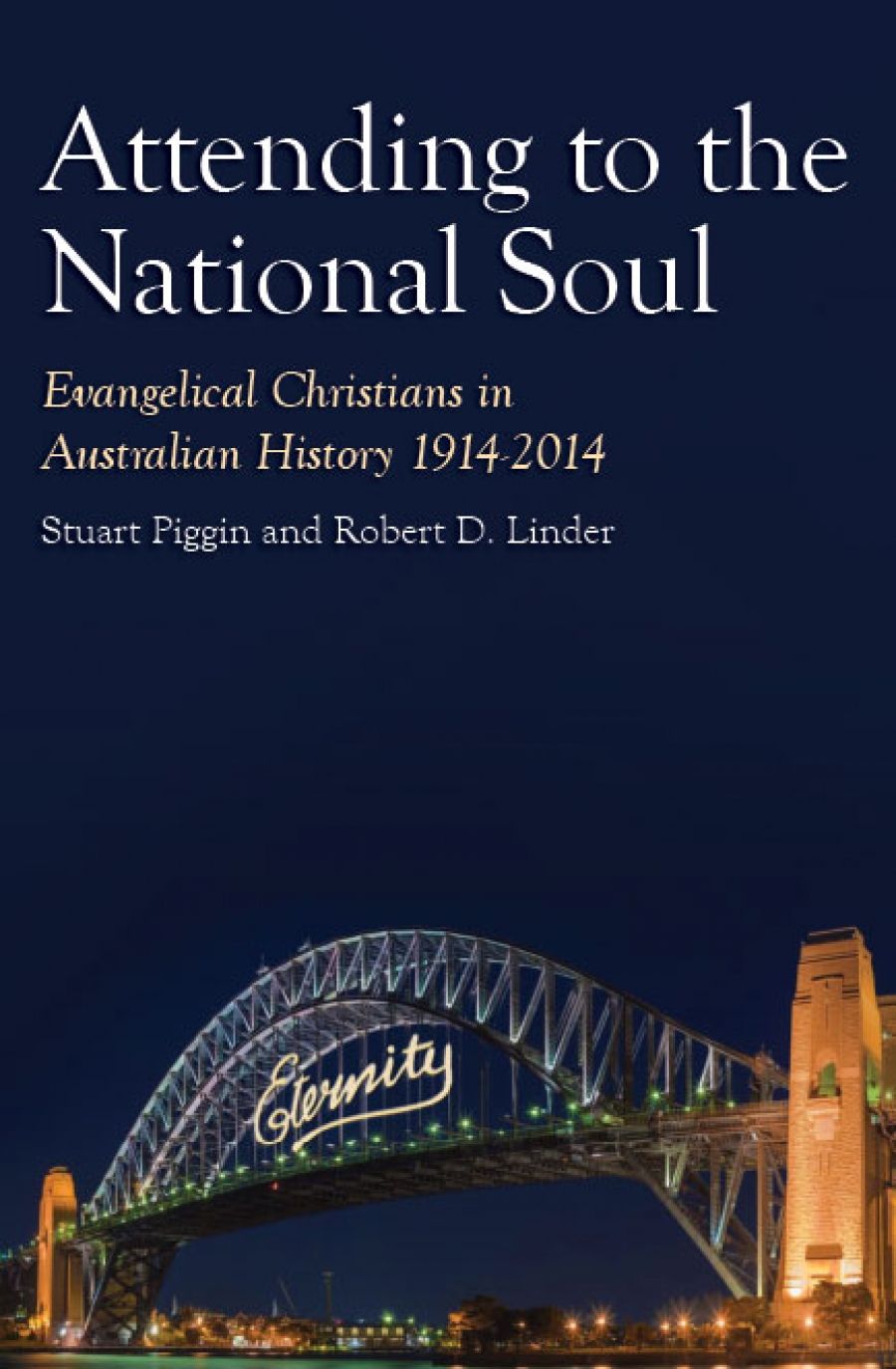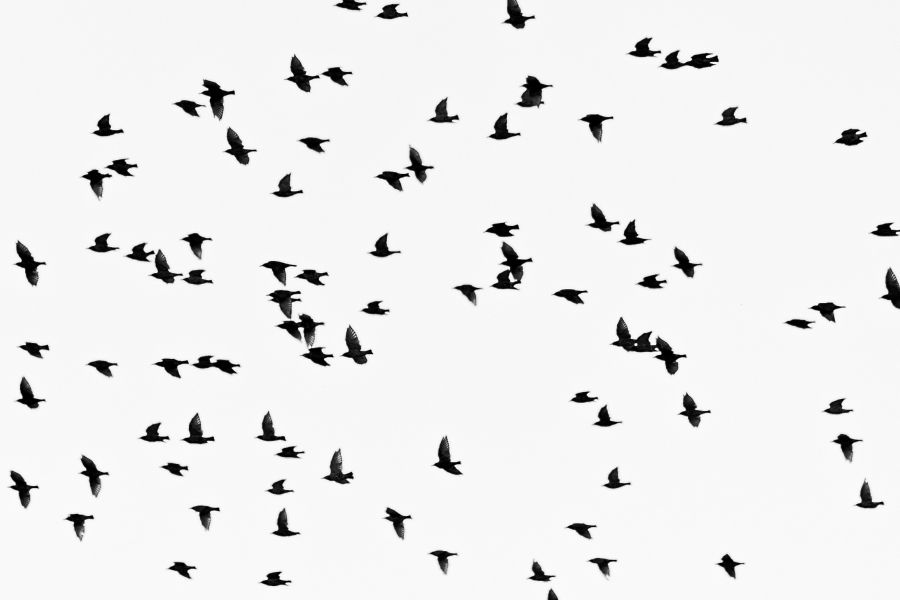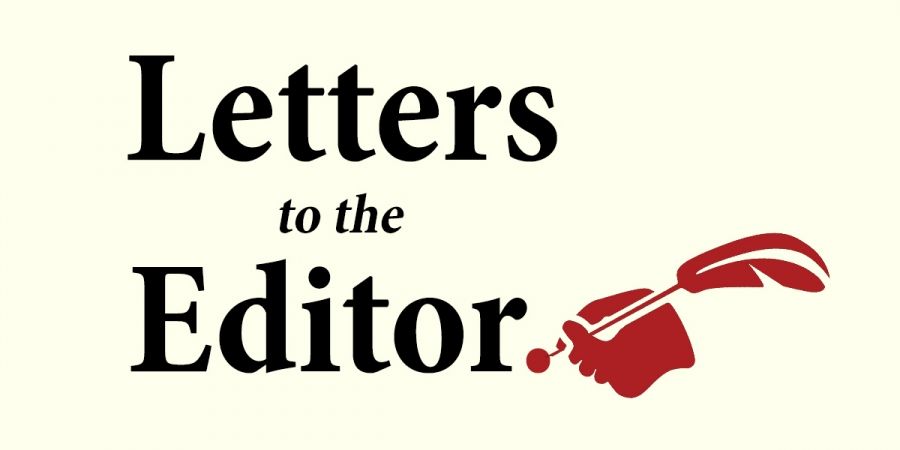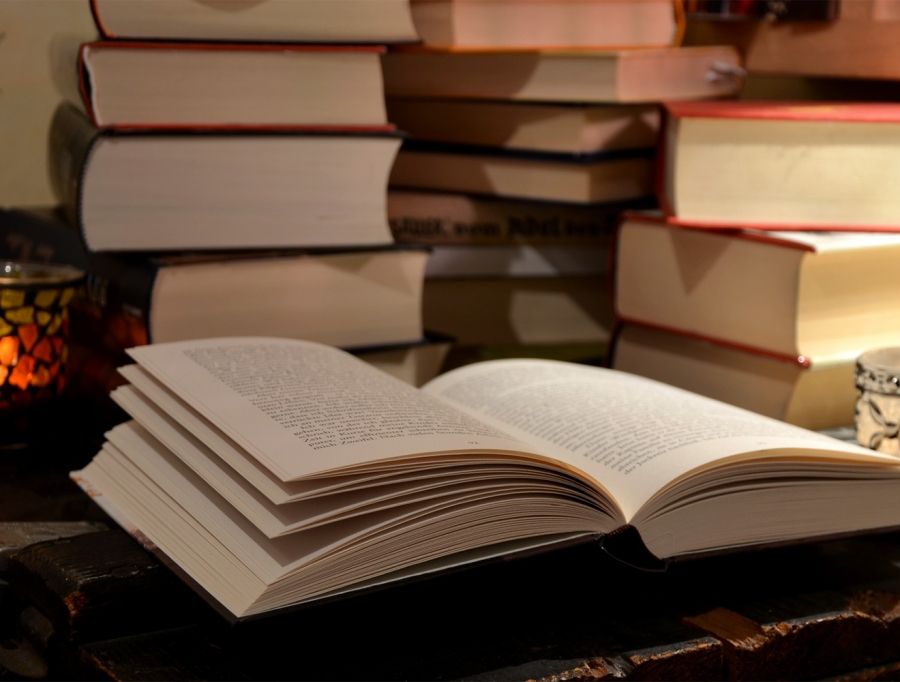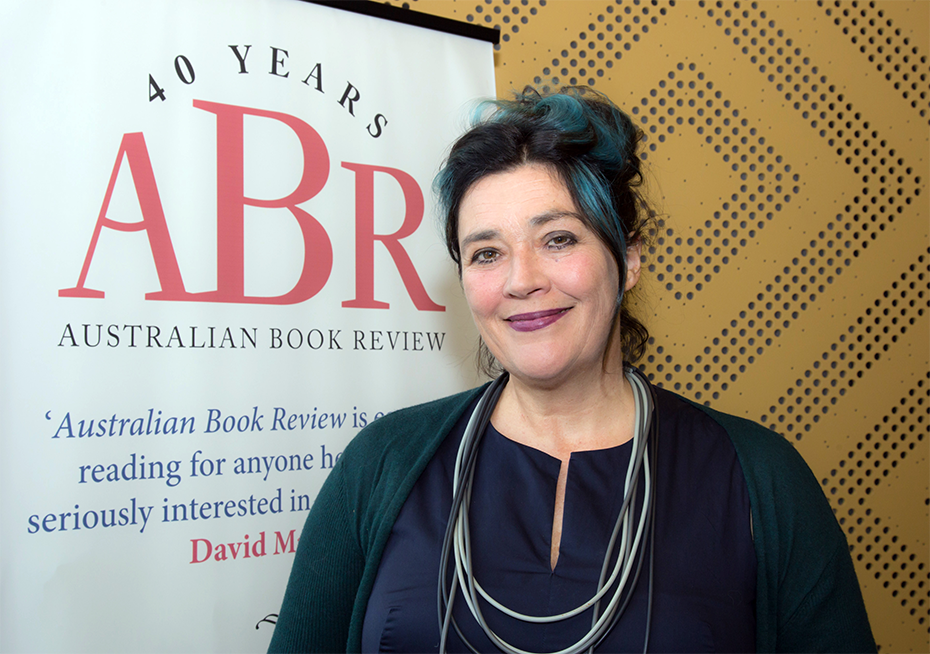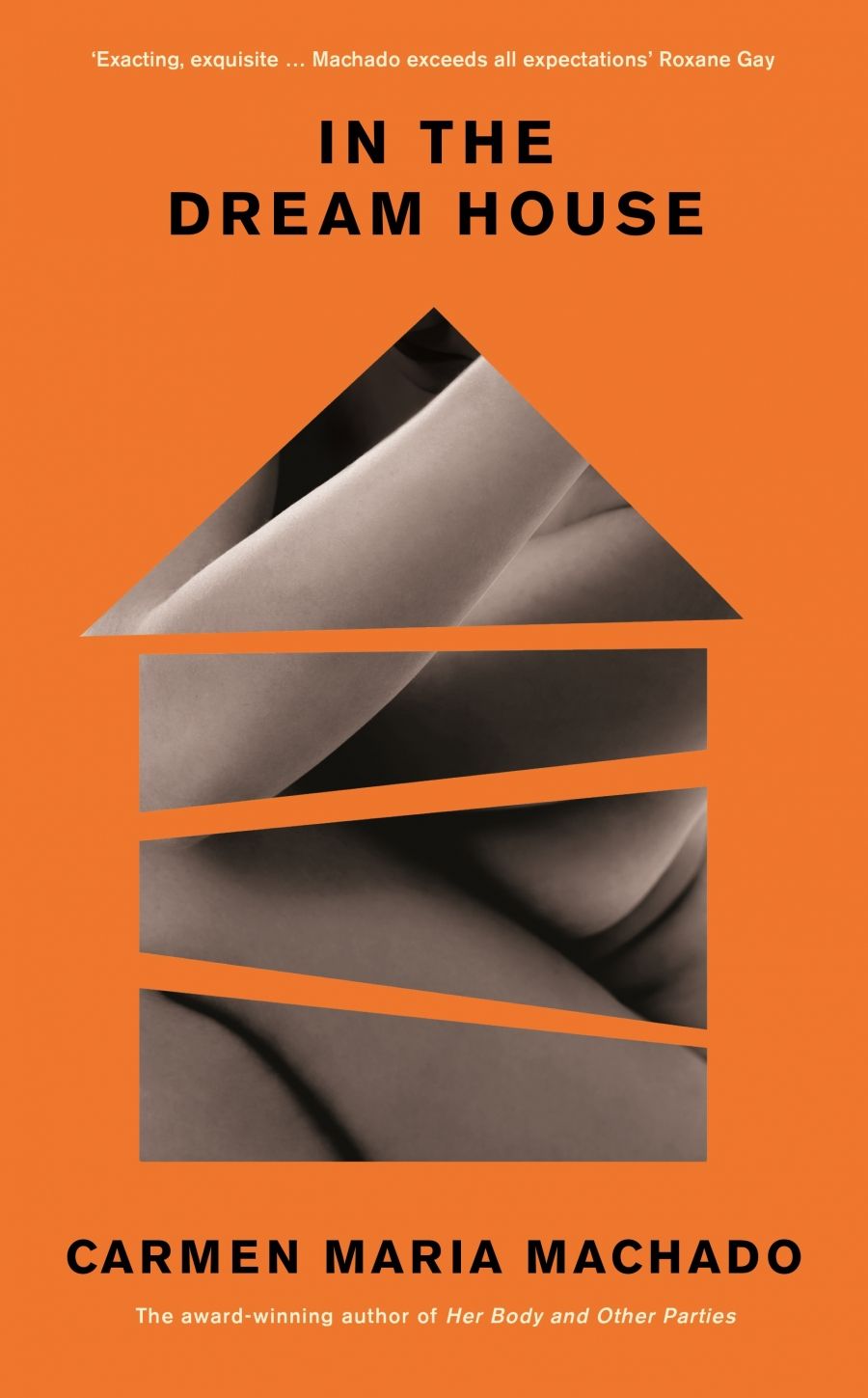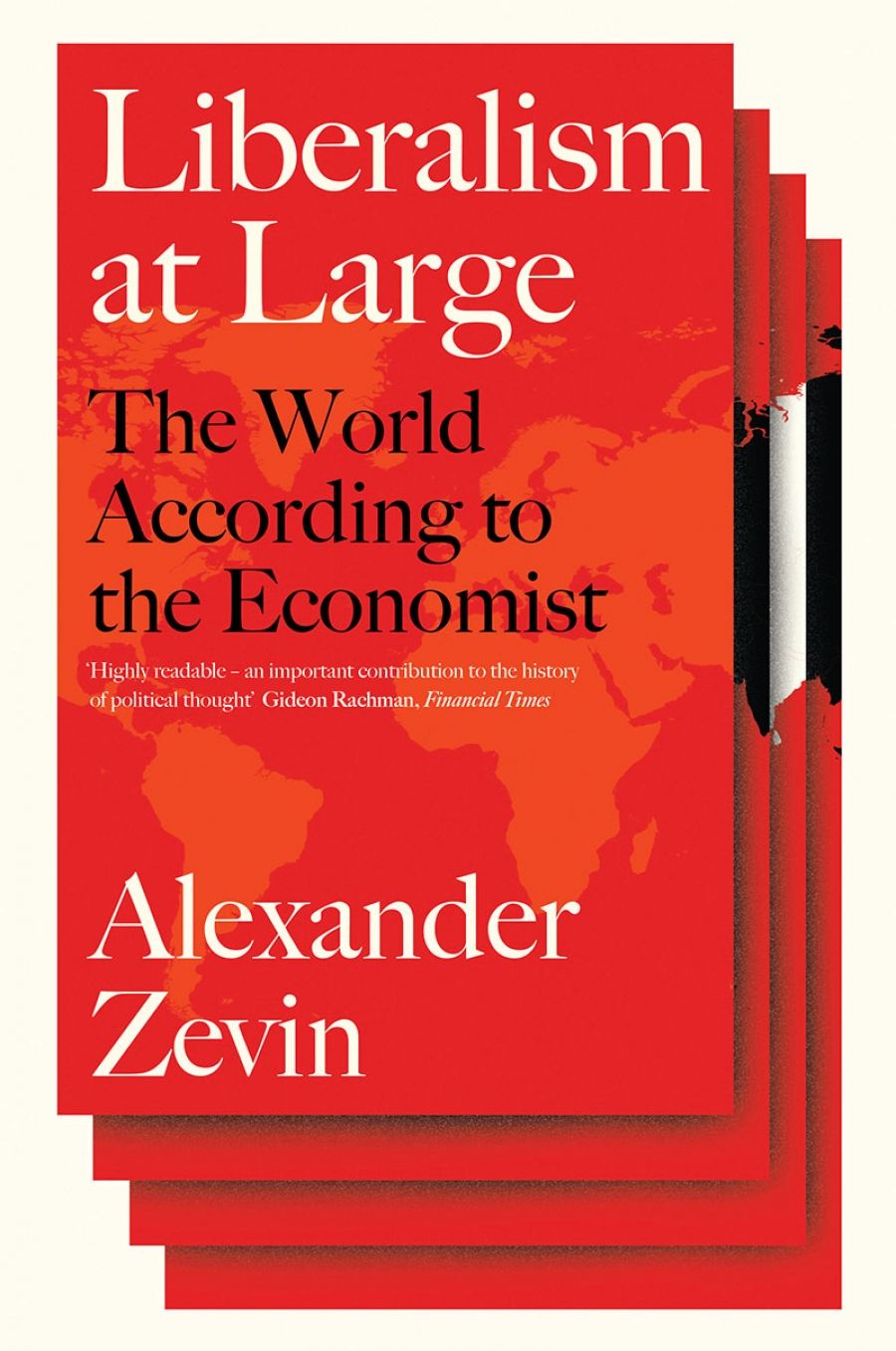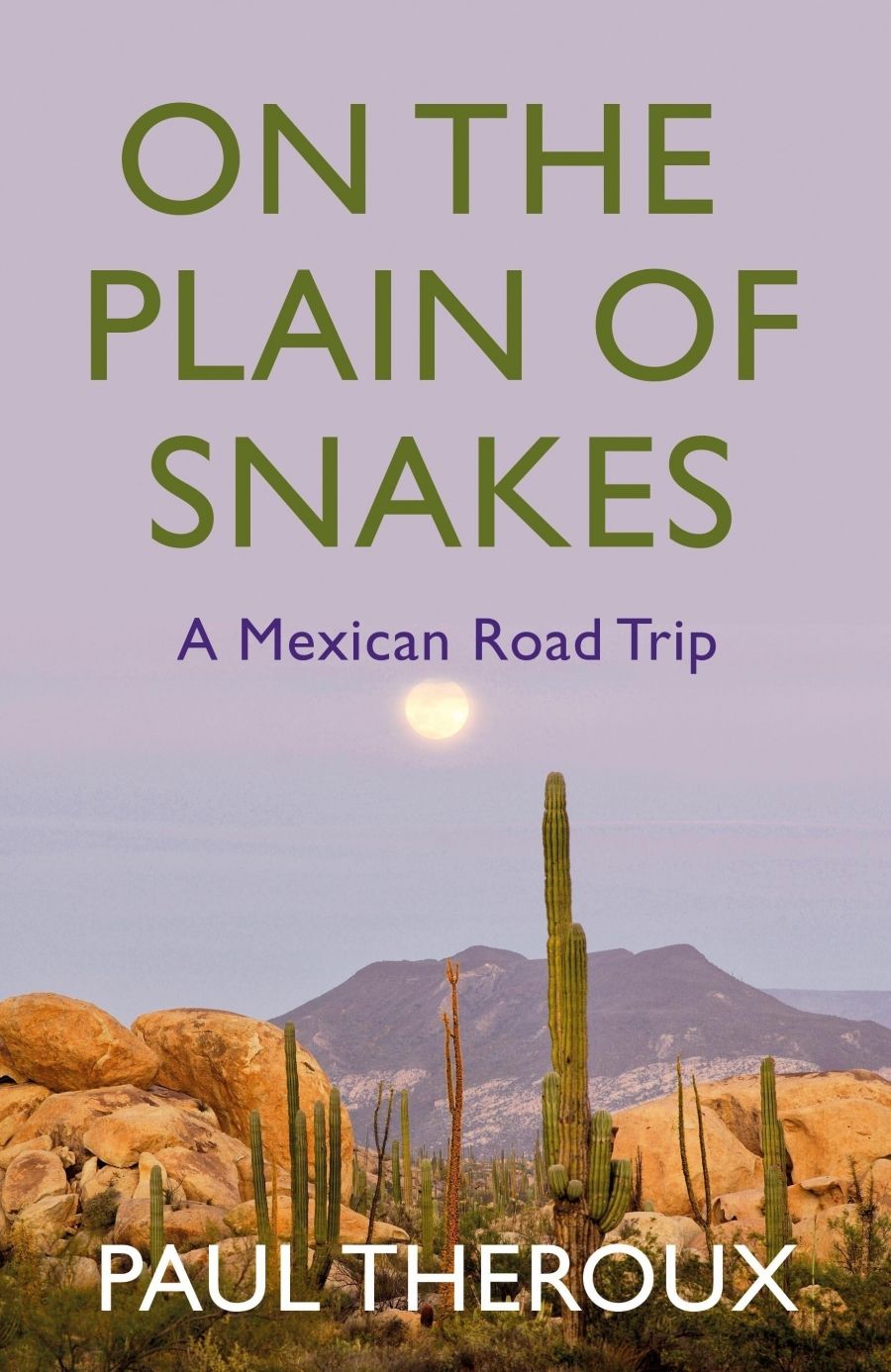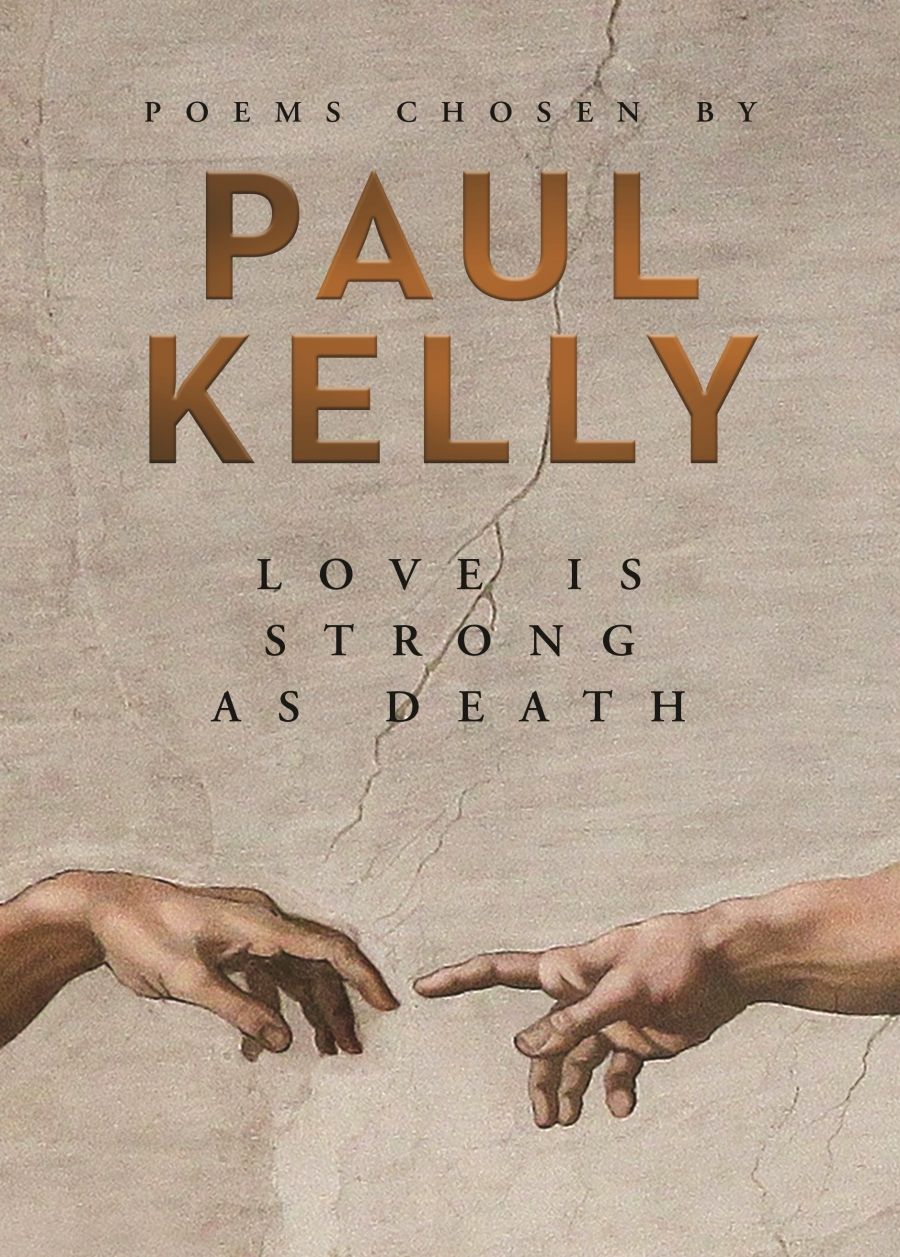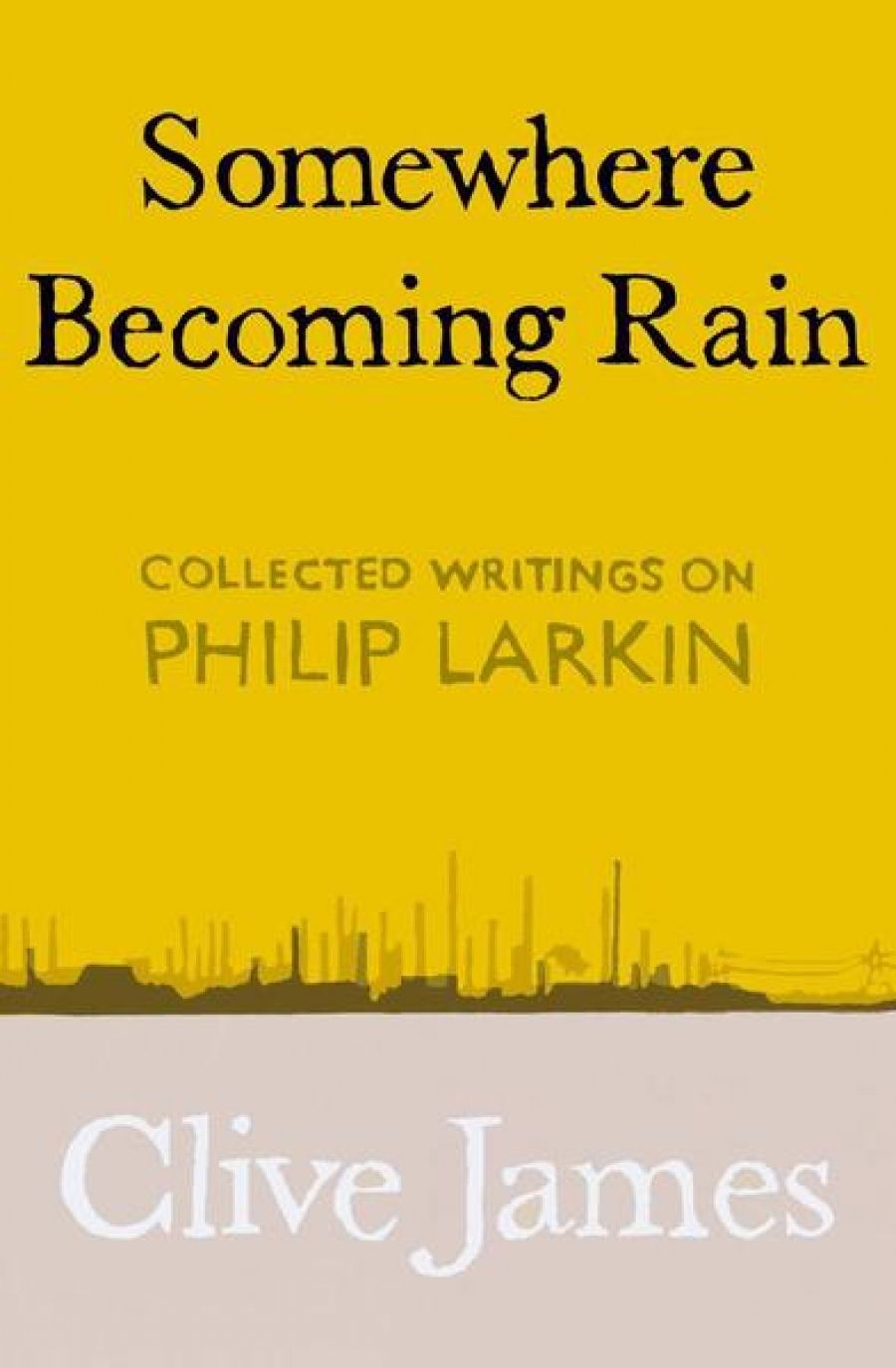Six years after the ‘transgender tipping point’ proclaimed by Time magazine in 2014, the trans and gender-diverse (TGD) community continues to surge into the spotlight. From Netflix and Neighbours to the Merriam-Webster Dictionary (which named ‘they’ its 2019 word of the year), transgender experience is enjoying well-deserved recognition and representation. Visibility, however, is not without its problems. Internationally, growing awareness has triggered an anti-trans backlash, with the TGD community becoming a conservative scapegoat du jour. The United States is experiencing a spate of anti-trans violence, while ‘bathroom bills’ proliferate in red states. In Australia, the 2016 moral panic over Safe Schools was followed in 2019 by The Australian’s anti-trans campaign (with sixty-eight articles, ninety-two per cent of them negative, published in six months), as well as the transphobic fearmongering of TERFs (trans-exclusionary radical feminists) over Victoria’s birth certificate reforms – not to mention Prime Minister Scott Morrison’s attacks on ‘gender whisperers’.
There are still reasons to celebrate trans visibility, not least of which is the prospect of TGD people telling their own stories. Although memoir has long been a staple of trans culture – dating back to Lili Elbe’s Man into Woman (1933) – since 2014 trans life writing has entered the literary mainstream. Today, some of the world’s leading publishers are giving TGD writers a platform to counterbalance cultural scripts that dismiss trans people as freaks or victims. Few of these trans books are, as yet, notable for their literary quality, but almost all merit reading for their insights into a misunderstood and often sensationalised identity.
Over the Top: A raw journey to self-love by Jonathan Van Ness
Simon & Schuster, $32.99 pb, 273 pp
Among the most successful of this new crop is Jonathan Van Ness’s Over the Top: A raw journey to self-love. A hairdresser, podcaster, and social-media dynamo, Van Ness is best known as one of the ‘Fab Five’ of Netflix’s rebooted Queer Eye, in which he won hearts as an ebullient grooming expert with a full beard, lustrous mane, and penchant for stiletto heels. In 2019, Van Ness came out as genderqueer and non-binary, joining pop stars Sam Smith and Janelle Monáe in the small but growing club of gender-diverse celebrities.
Over the Top, which follows the author from childhood to the present, introduces readers to a darker Van Ness than the glittering queen of Queer Eye. An effeminate child whose gender-non-conforming proclivities were far from welcome in Quincy, Illinois, he was bullied and ostracised from earliest childhood. Alongside these gender struggles, Van Ness was also a victim of childhood sexual abuse, a trauma that launched him into a troubled adolescence and early adulthood marked by PTSD, depression, sex work, disordered eating, drug addiction, rehab, and relapse. Rock bottom came as a grief-fuelled meth bender, followed by a HIV diagnosis.
From there, Van Ness’s story launches into a quintessentially American narrative of triumphant self-actualisation. Thanks to yoga, therapy, and a solid dose of Brené Brown, Van Ness shook off his self-destructive habits and became the out-and-proud gender-bender we know and love today. The takeaway is clear: self-love and self-acceptance are the cure. Is it saccharine? At times, yes. Platitudinous? Undoubtedly. But the book is redeemed by Van Ness’s signature cocktail of Midwestern sincerity and high-camp patois. Especially charming are the Russian pseudonyms employed for side characters, inspired by Van Ness’s passion for the Romanovs. The prose is also enlivened by his trademark verbal tics, including feminisation of inanimate nouns. ‘I loved the newsroom. She was hustle. She was bustle,’ he writes. Presented with such flair and fortitude, we can’t help but love Van Ness in turn.
About a Girl: A mother’s powerful story of raising her transgender child by Rebekah Robertson
Viking, $34.99 pb, 344 pp
Since publishing Over the Top, Van Ness has emerged as a formidable advocate for LGBTQ+ rights. For a primer on this new line of work, he might turn to Rebekah Robertson’s About a Girl: A mother’s powerful story of raising her transgender child, a memoir that chronicles the Australian battle to remove the Family Court’s jurisdiction over medical treatment for trans youth. Robertson is the mother of Georgie Stone, a trans woman whose story first made headlines in 2010 when she became, aged ten, Australia’s youngest recipient of puberty blockers. Bruised by their encounter with the court system, Stone and her family embarked on a marathon fight to transfer medical approvals from the courts to families and their doctors. Success finally came in 2017, when the Family Court found that hormone treatment for transgender youth no longer required court authorisation. Along the way, Robertson also founded Transcend, Australia’s first support group for trans families.
About a Girl provides an insider’s view of this mammoth law-reform campaign, while also narrating Stone’s journey as an indomitable trans girl struggling for acceptance. Told from a parent’s perspective (with a preface by Stone), the memoir functions as a moving and accessible ‘trans 101’ for cisgender readers. In conversational yet resolute tones, Robertson invokes the moral authority of the devoted mother to demolish naysayers who continue to question the existence of trans children. Georgie insisted that she was a girl from age two, Robertson explains, and never once wavered from that resolution. How could any loving parent not fight for their child in that situation?
This is a resolutely binary transgender narrative, a ‘born in the wrong body’ tale low on the self-doubt, internalised transphobia, and ambivalence over transition perhaps more typical of TGD experience. Although Robertson, to her credit, insists that her daughter’s story is far from representative, there is a danger that Stone’s ever-growing celebrity (she recently débuted on Neighbours) will lead her singular experience – binary gender, unequivocal self-knowledge – to be misconstrued as Australia’s benchmark ‘trans narrative’. As her media profile attests, Stone’s clear-cut identity and self-assured intelligence make her a compelling public face for trans advocacy. Yet it is essential that the airtime given to such trans icons should be accompanied by the social inclusion, cultural representation, and legal protections of all TGD peoples – however messy, troubled, and non-binary they may be. In a nation with a transphobic prime minister, all and any trans storytelling is cause for celebration, yet we must also ask: whose voices are being amplified and why, and who is yet to be heard?
Not Just a Tomboy: A trans masculine memoir by Caspar J. Baldwin
Jessica Kingsley Publishers, $32.99 pb, 248 pp
One group still struggling for representation are transmasculine people, sometimes known as FTM (female-to-male) or AFAB (assigned female at birth). Although AFABs have begun to flood gender clinics, transfeminine people remain the public face of global trans culture – think Laverne Cox, Caitlyn Jenner, Janet Mock. In an attempt to even up the scales, British publisher Jessica Kingsley issued a call for transmasculine content in 2017, resulting in Caspar J. Baldwin’s memoir Not Just a Tomboy: A trans masculine memoir. It is a poignant account of his ‘tomboy’ childhood, traumatic female puberty, undergraduate mental health struggles, and multi-year transition that followed his realisation, aged twenty-two, that he was transgender. Baldwin, a Northumberland-based PhD graduate without a public profile, offers a window into everyday trans existence, showing to great effect how ordinary and even mundane TGD lives can be. There are no court battles, media appearances, or celebrity cameos in his story; Baldwin’s world is a polite middle-class England of caravan holidays, school discos, uni lectures, and nights in the pub – all infused with crippling gender dysphoria.
Baldwin writes more for fellow transmasculine people than for cisgender readers, seeking to provide the sense of recognition and belonging he craved when coming out: ‘I had wanted kinship and the relief which comes with knowing I wasn’t the only one.’ In Not Just a Tomboy, Baldwin offers the story he wanted to read back in 2011. In contrast to the ‘hero’s journey’ arc of Over the Top (and, to a lesser extent, About a Girl), Baldwin tells a more subdued tale, kept from triumphalism by his English reserve and controlled fury at the outrages inflicted by a transphobic world. The resulting book brims with anger and pain, providing an emotional suckerpunch that belies Baldwin’s unassuming voice.
Read together, the three TGD narratives provide insight into the rapidity of cultural change. Van Ness and Baldwin are millennials, born in 1987 and 1989 respectively, and both stress the dearth of language and concepts to give meaning to their childhood gender struggles. As a result, neither came out until the 2010s, when they finally found words to name their difference. By contrast, Georgie Stone, born in 2000, had her ‘gender identity disorder’ (as it was then known) diagnosed as young as seven. Since then, there has been an exponential increase in self-identified TGD youth. By 2017, Melbourne’s Royal Children’s Hospital Gender Service was handling more than 250 new referrals each year, while researchers now believe that one per cent of youth are transgender – much higher than previously thought.
Yet while recognition and support grow, the maladaptive coping strategies featured in all three narratives attest that TGD people continue to struggle under the burden of stigma and prejudice. Baldwin sought validation in academic achievement, while Van Ness used sex, drugs, and eating to numb the pain of exclusion and difference. Stone also struggled around food, experiencing a period of undereating and low weight that stemmed from her ‘desire for bodily autonomy and control’. Such experience is all too common: a fifth of trans youth have a diagnosed eating disorder, while two thirds have restricted food-intake. Even worse, three-quarters have been diagnosed with depression, while almost half have attempted suicide. As we enter the 2020s, the hope is that trans memoirs like this trio may build empathy and reduce stigma to the point where such dire statistics are no longer a feature of trans life.
